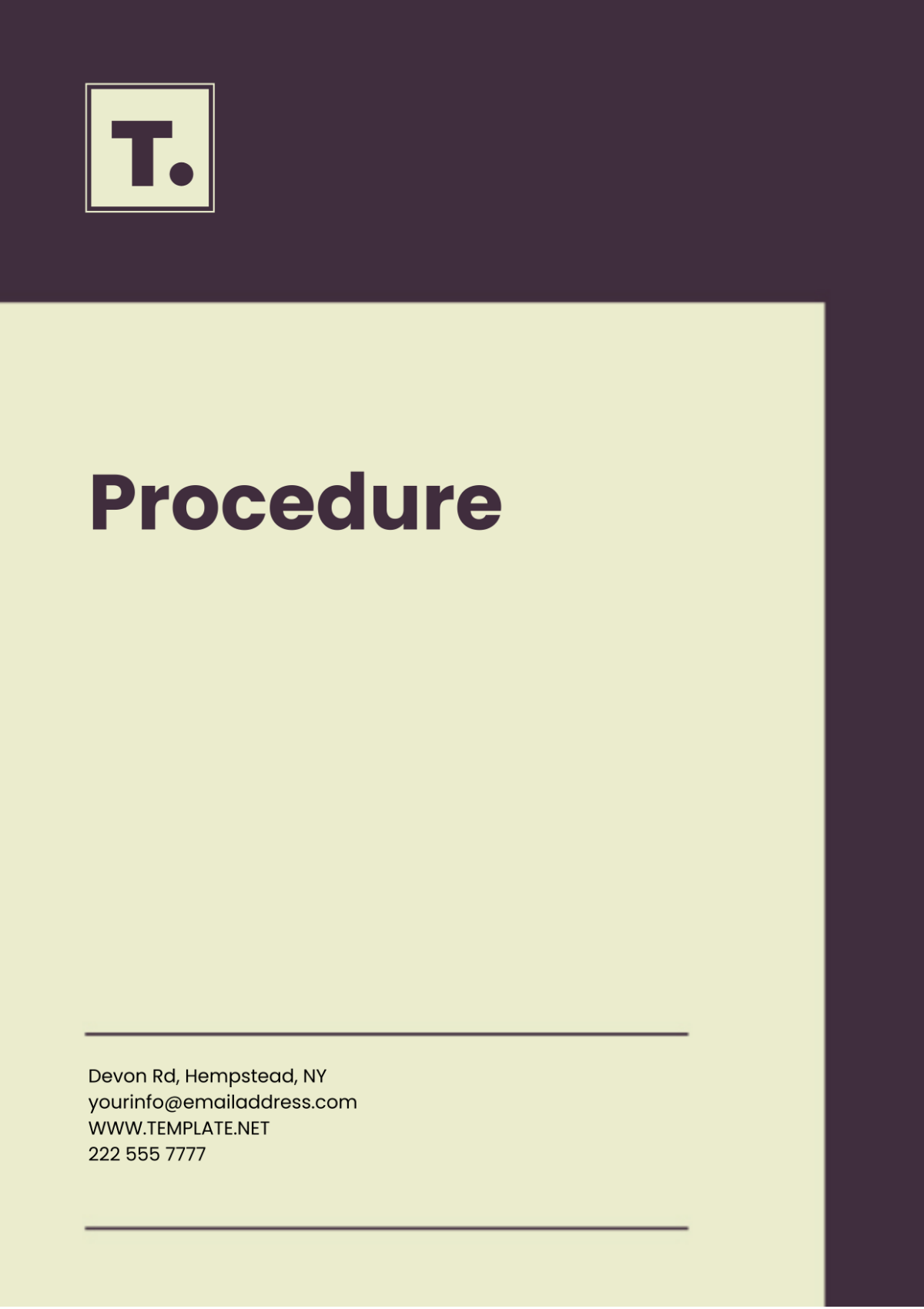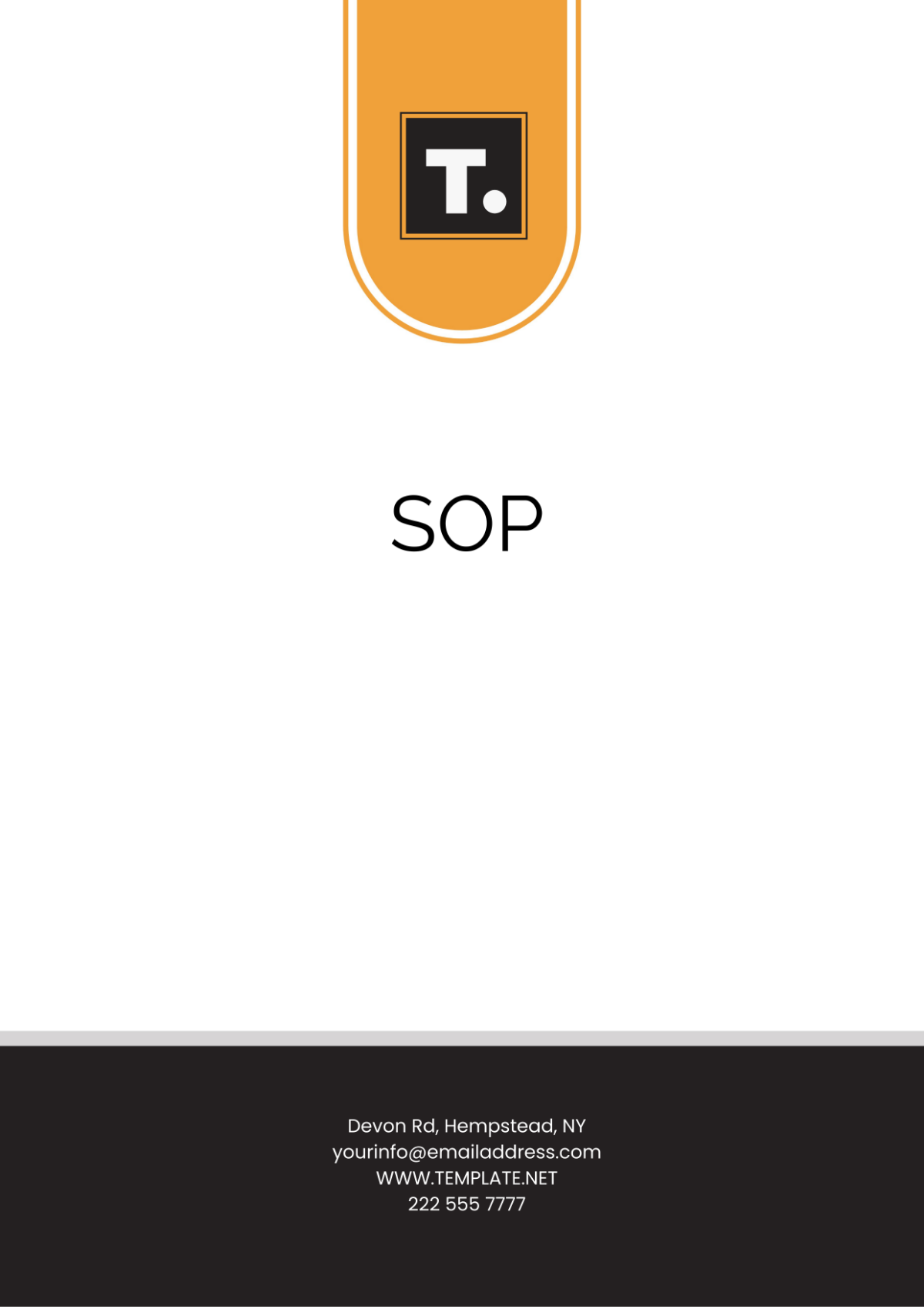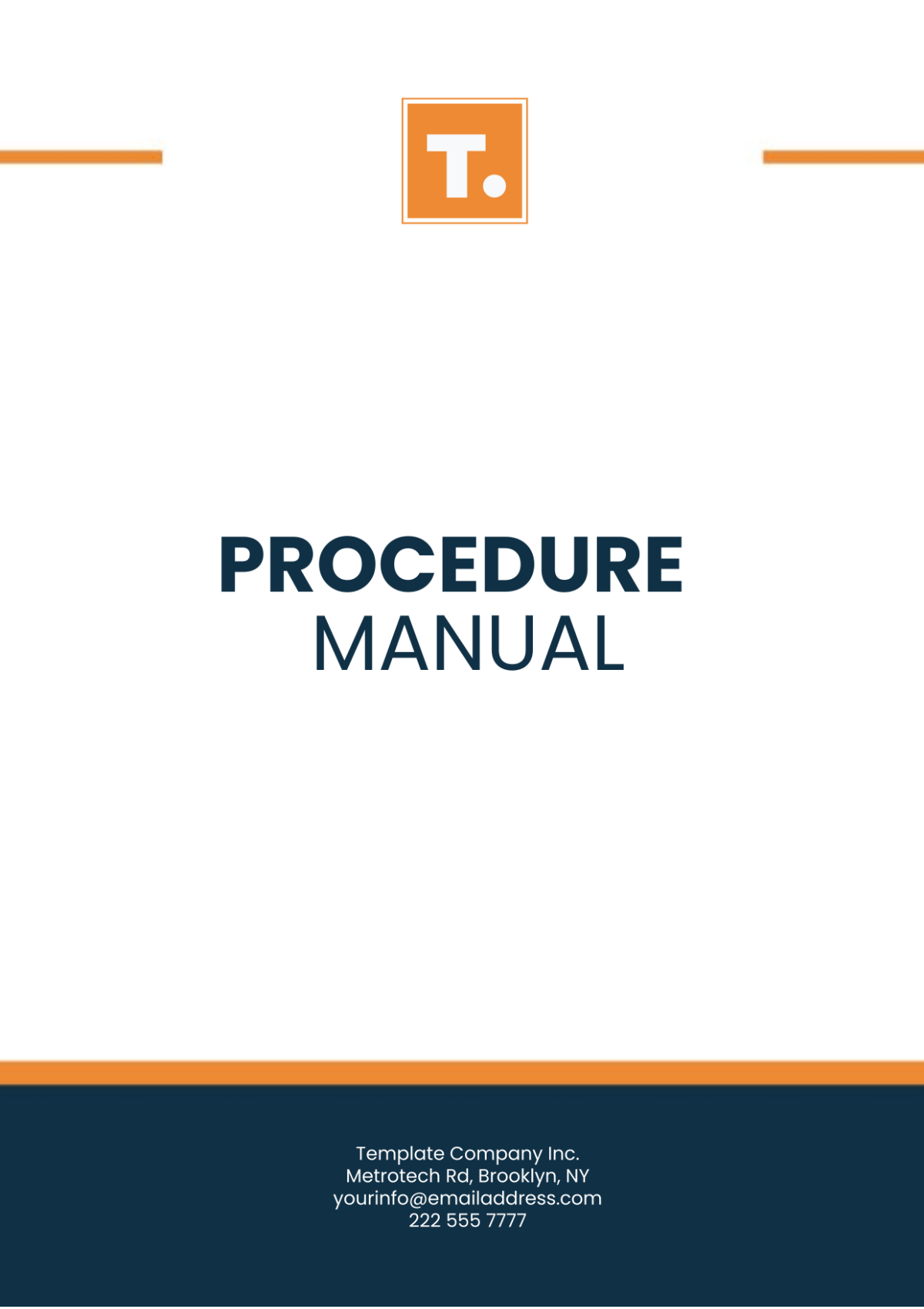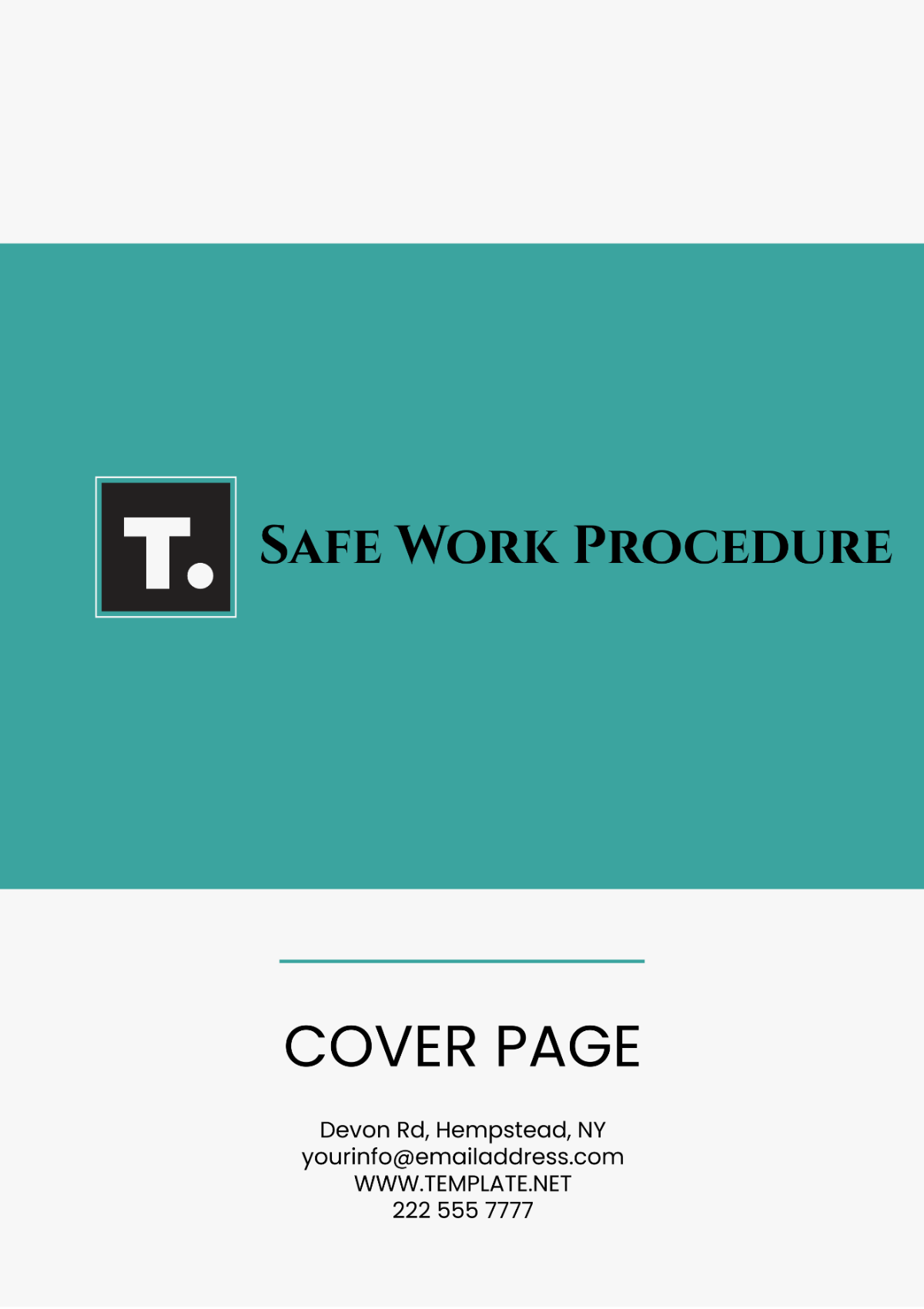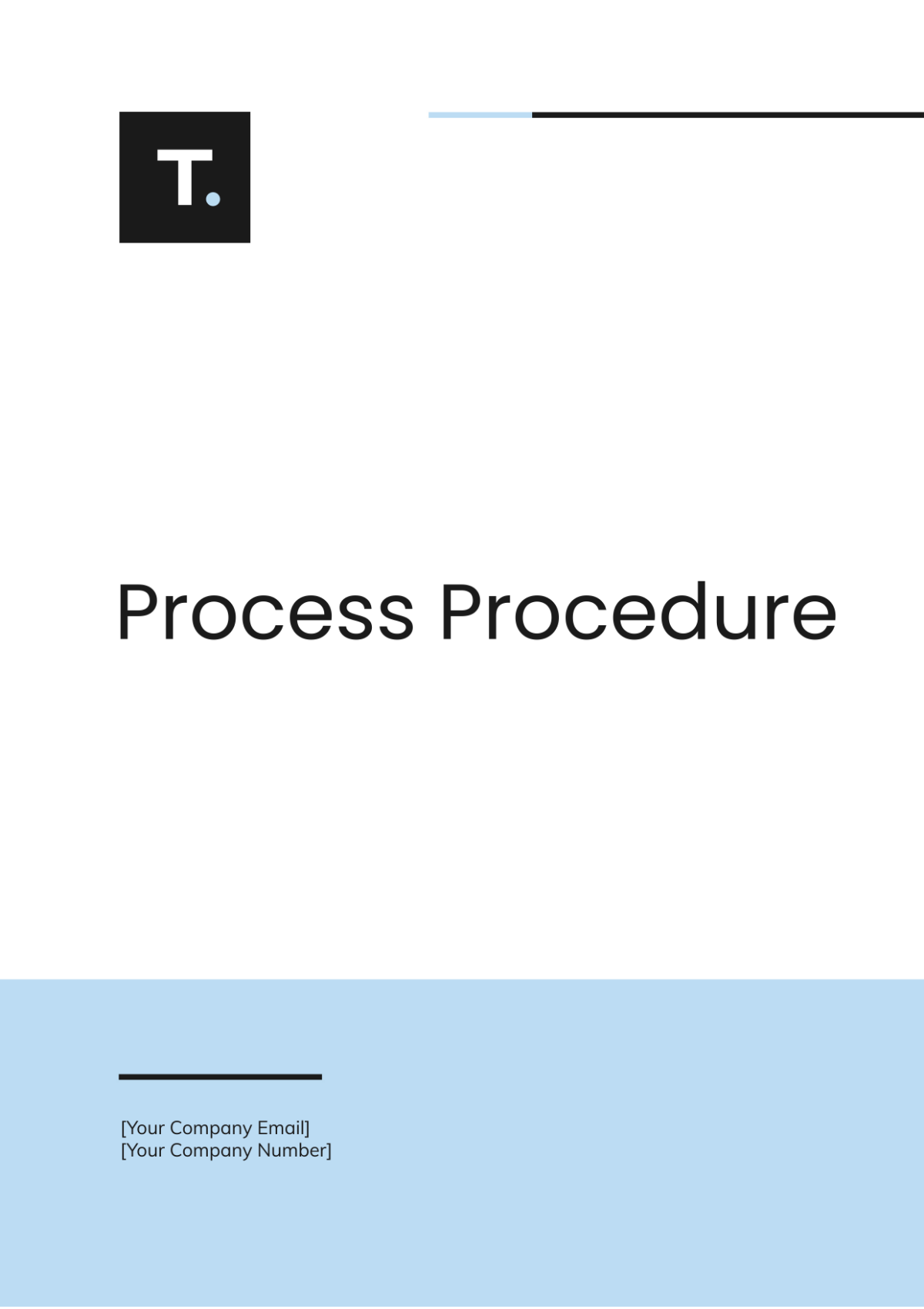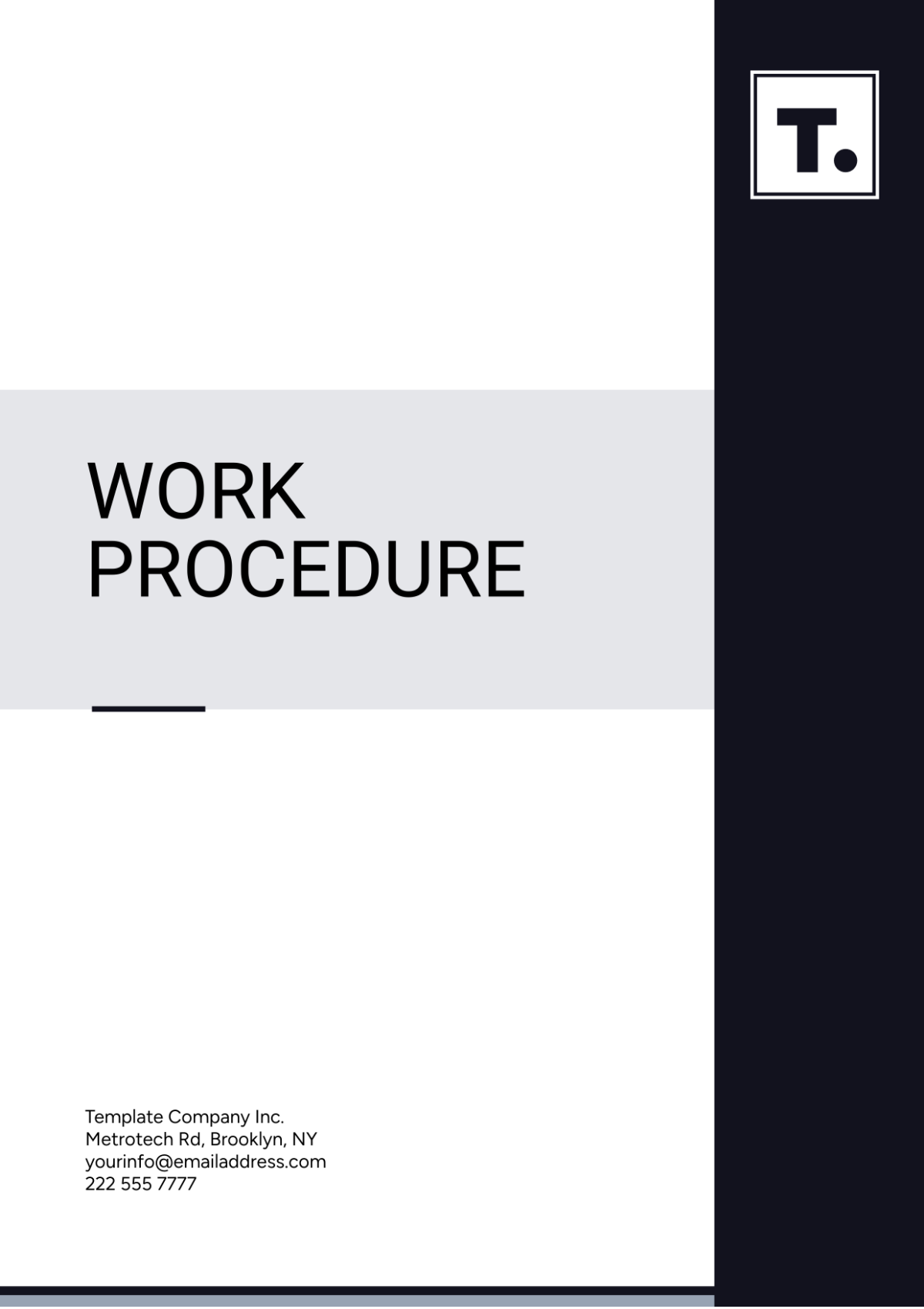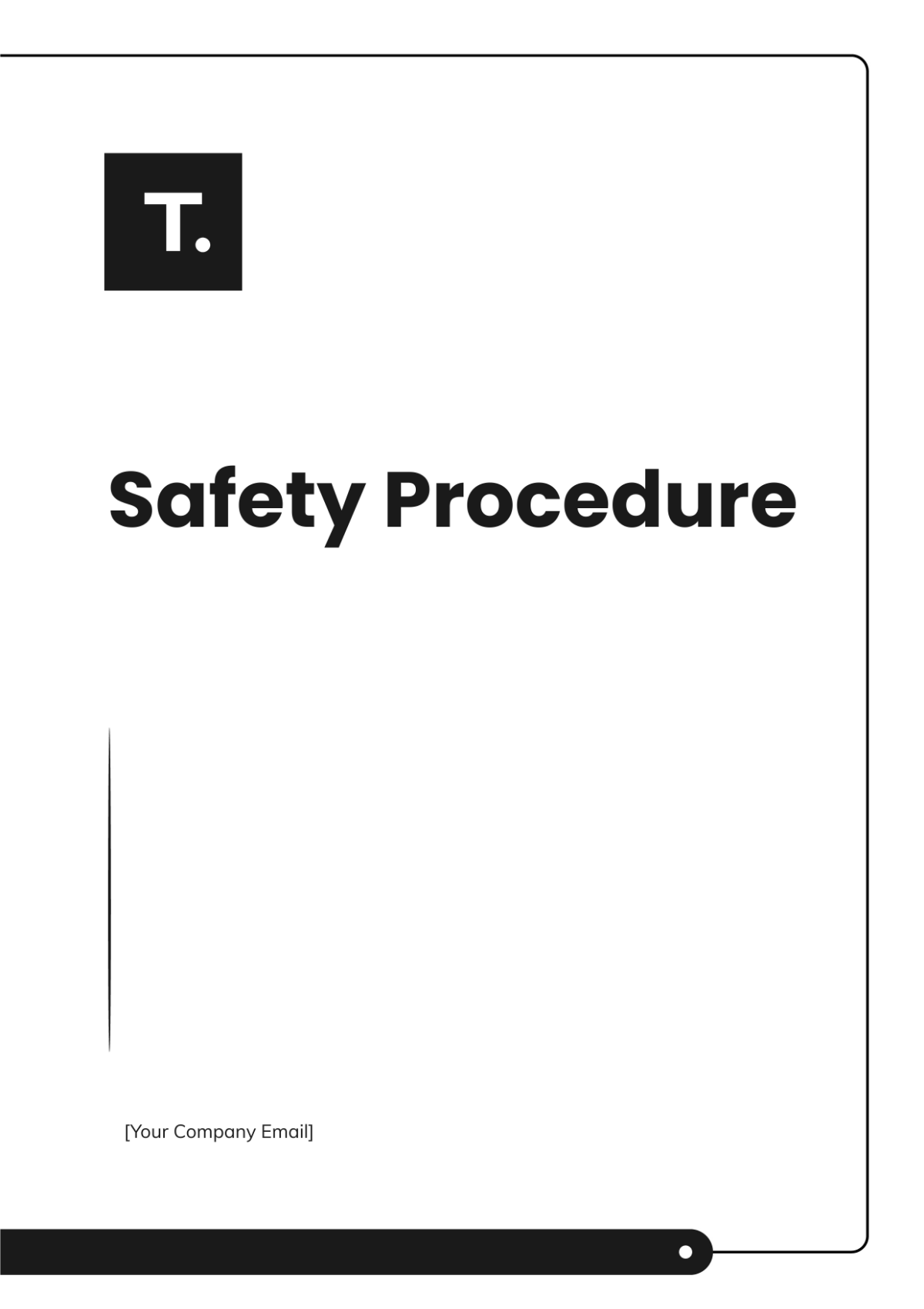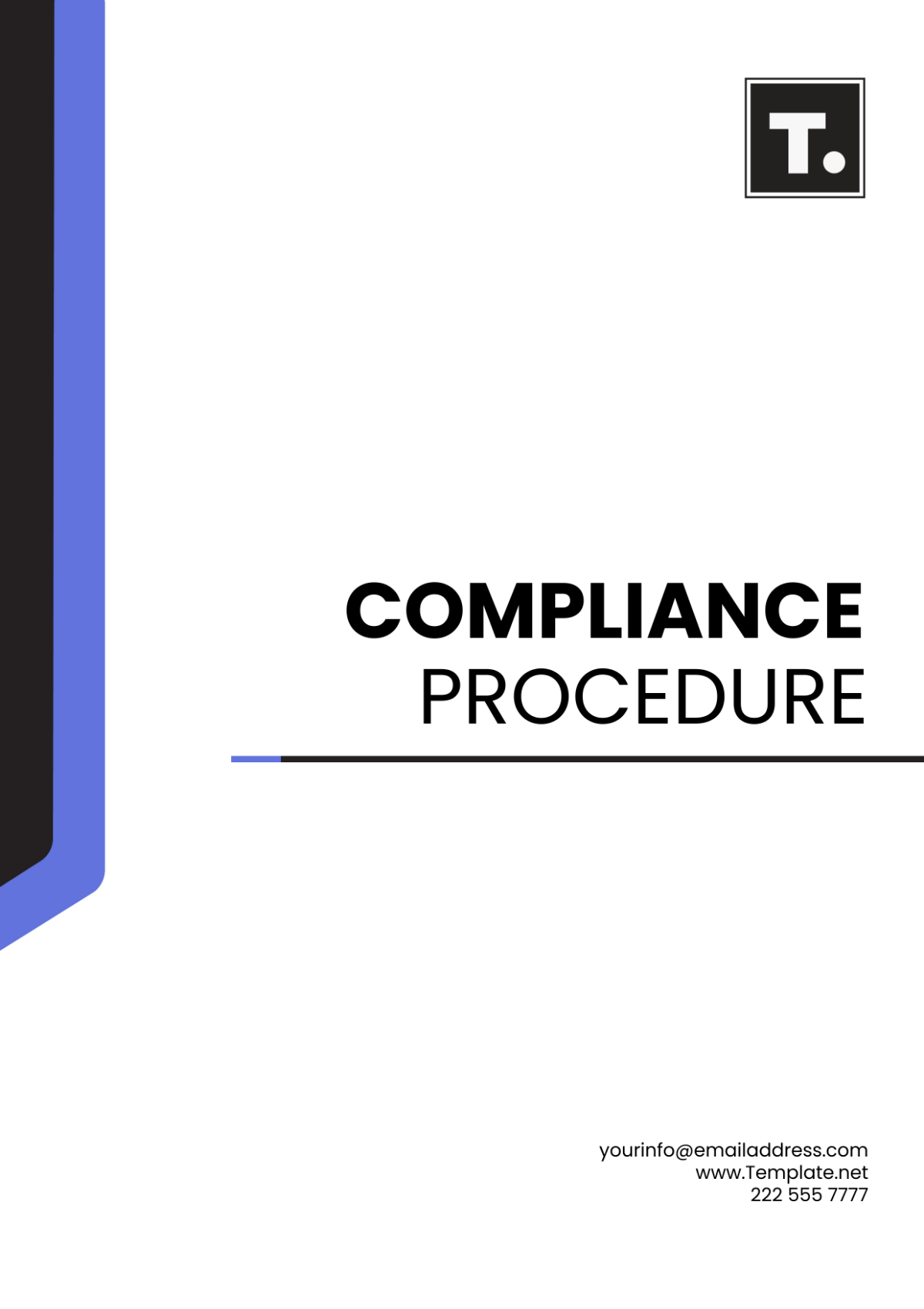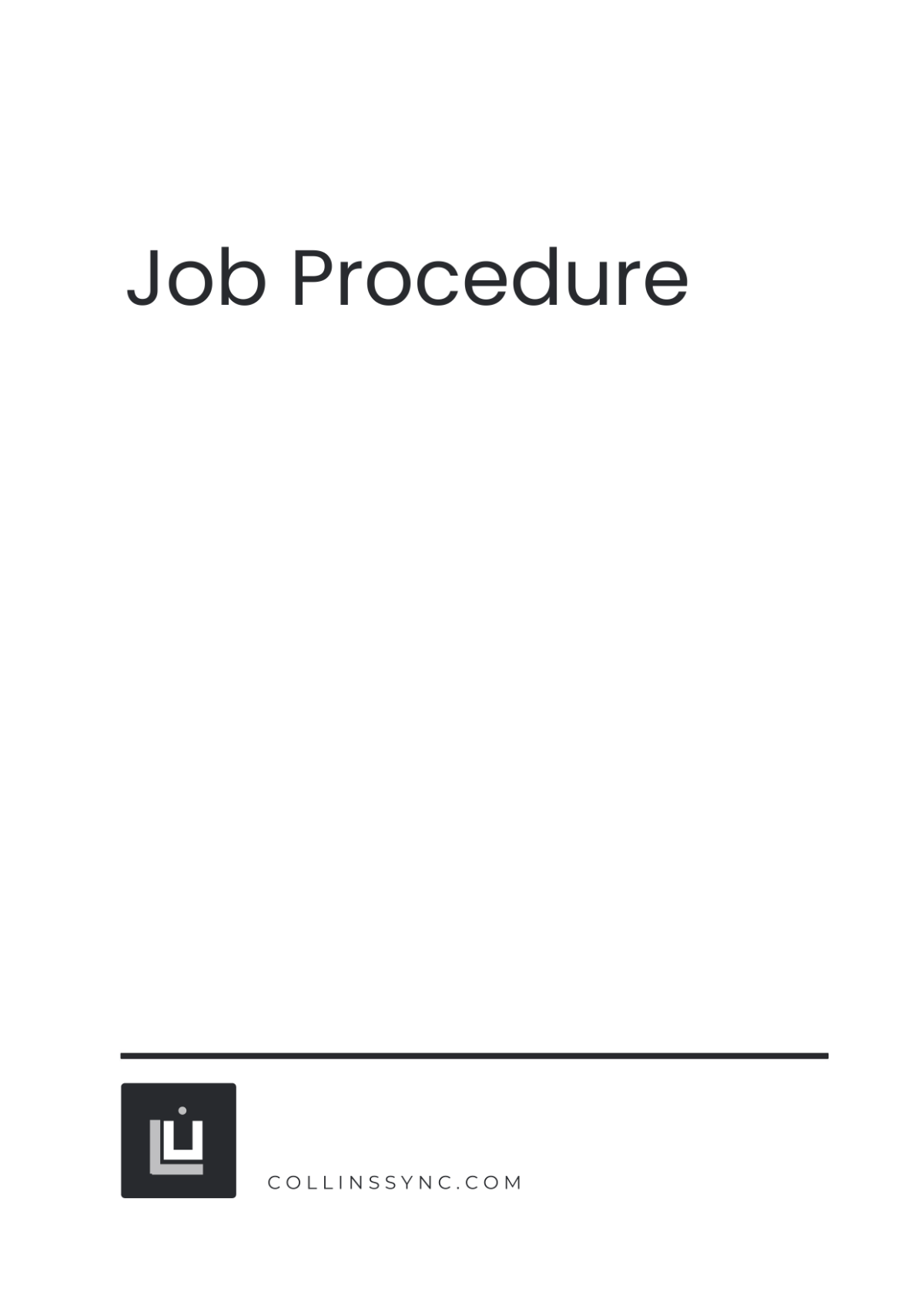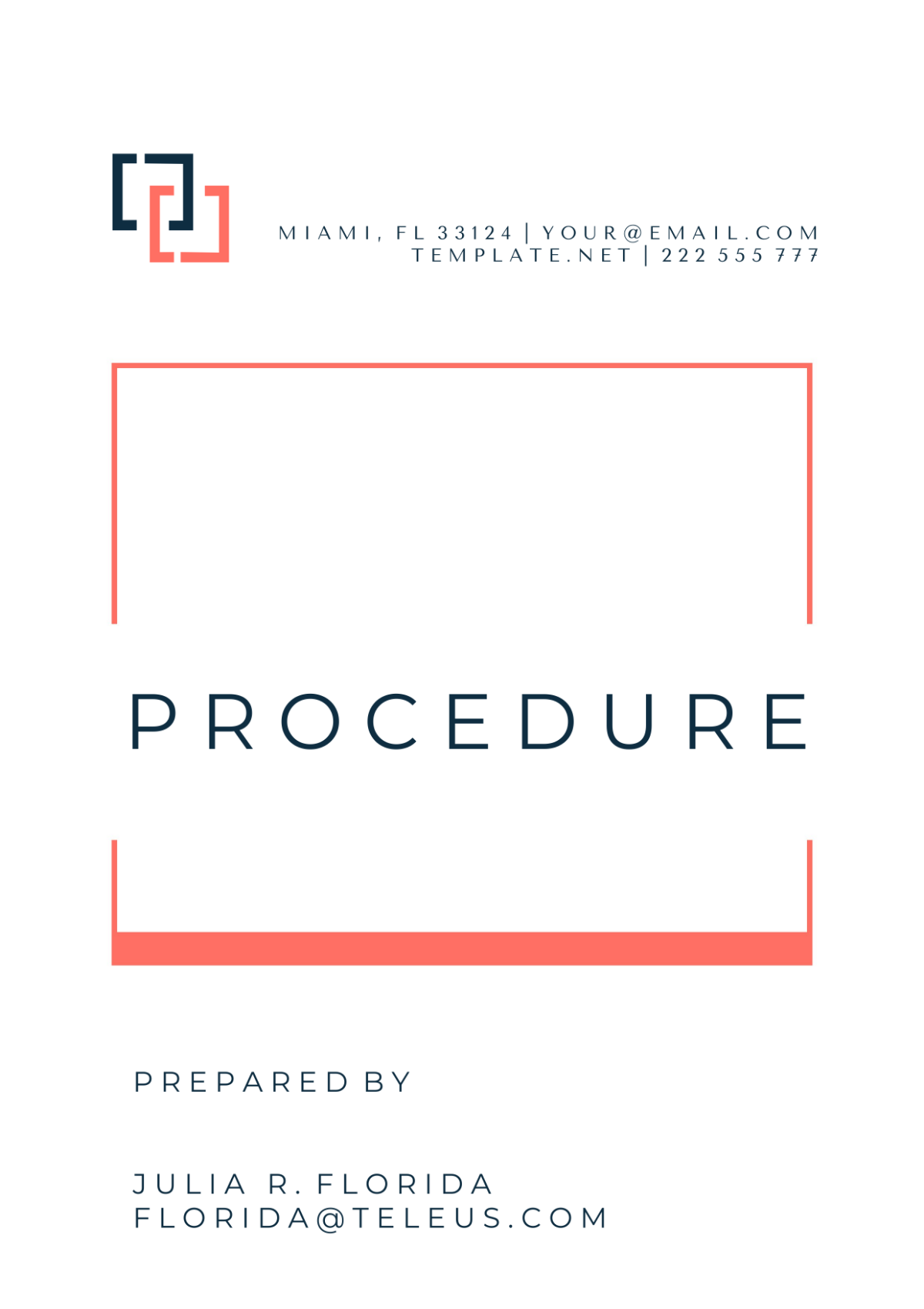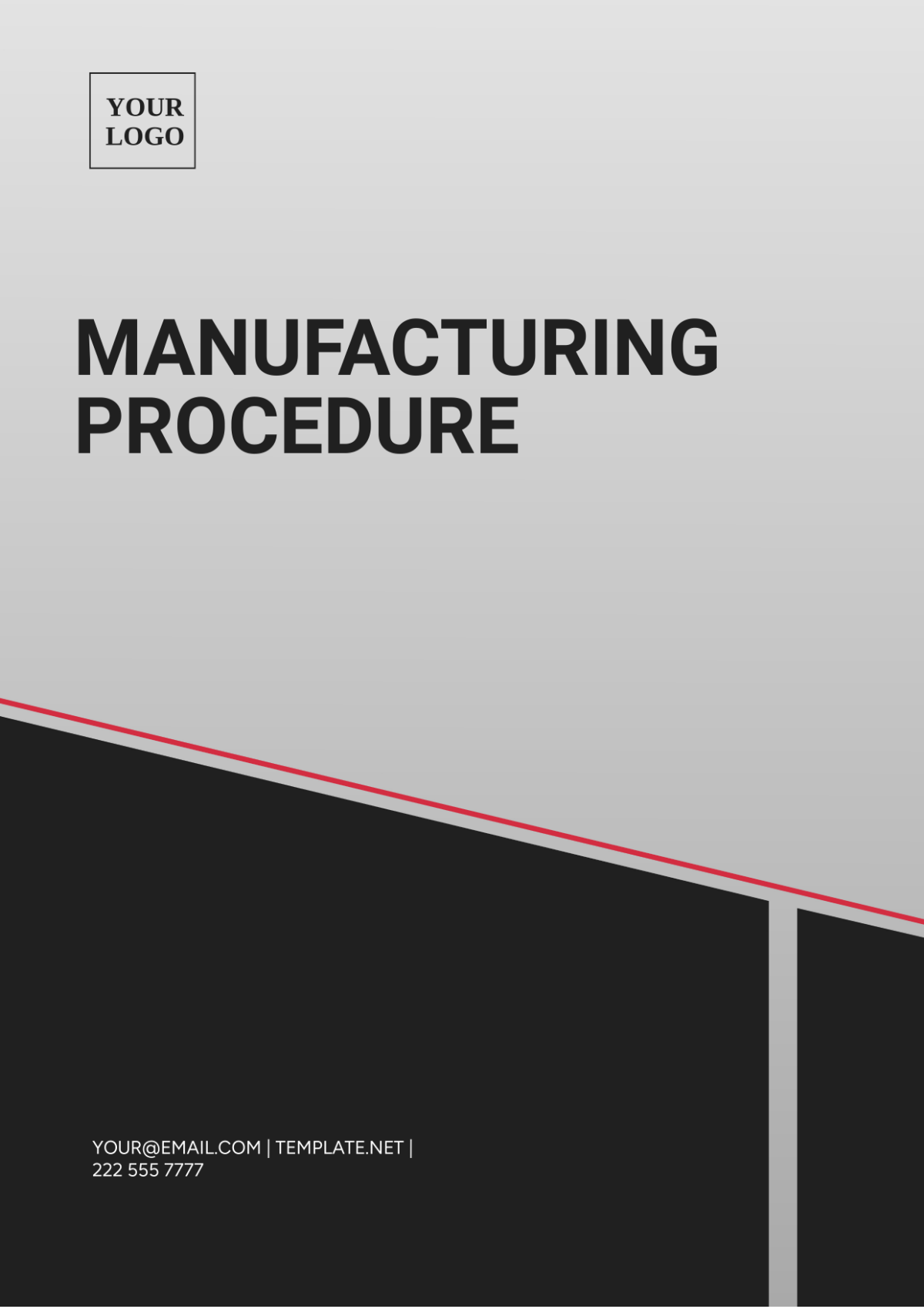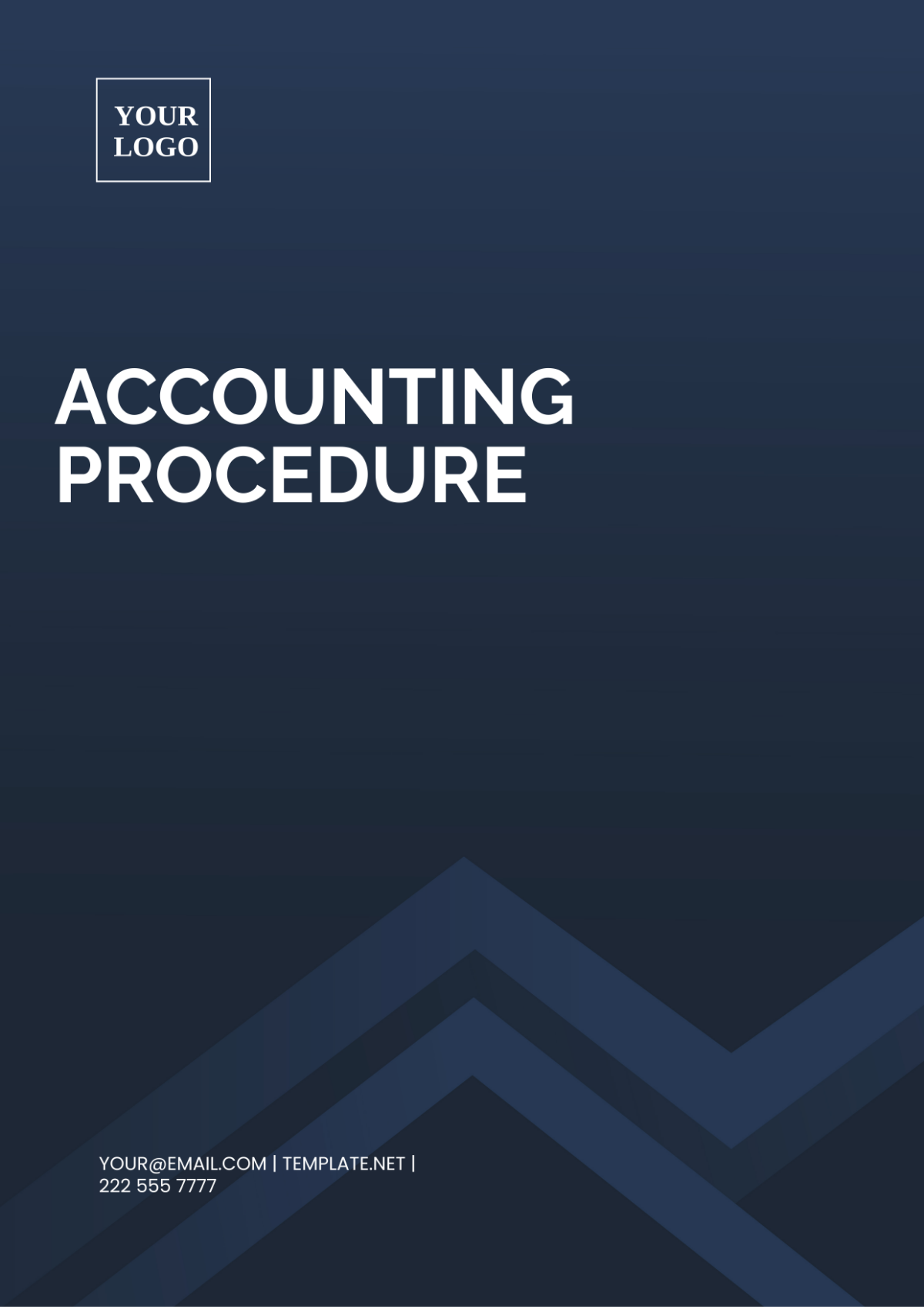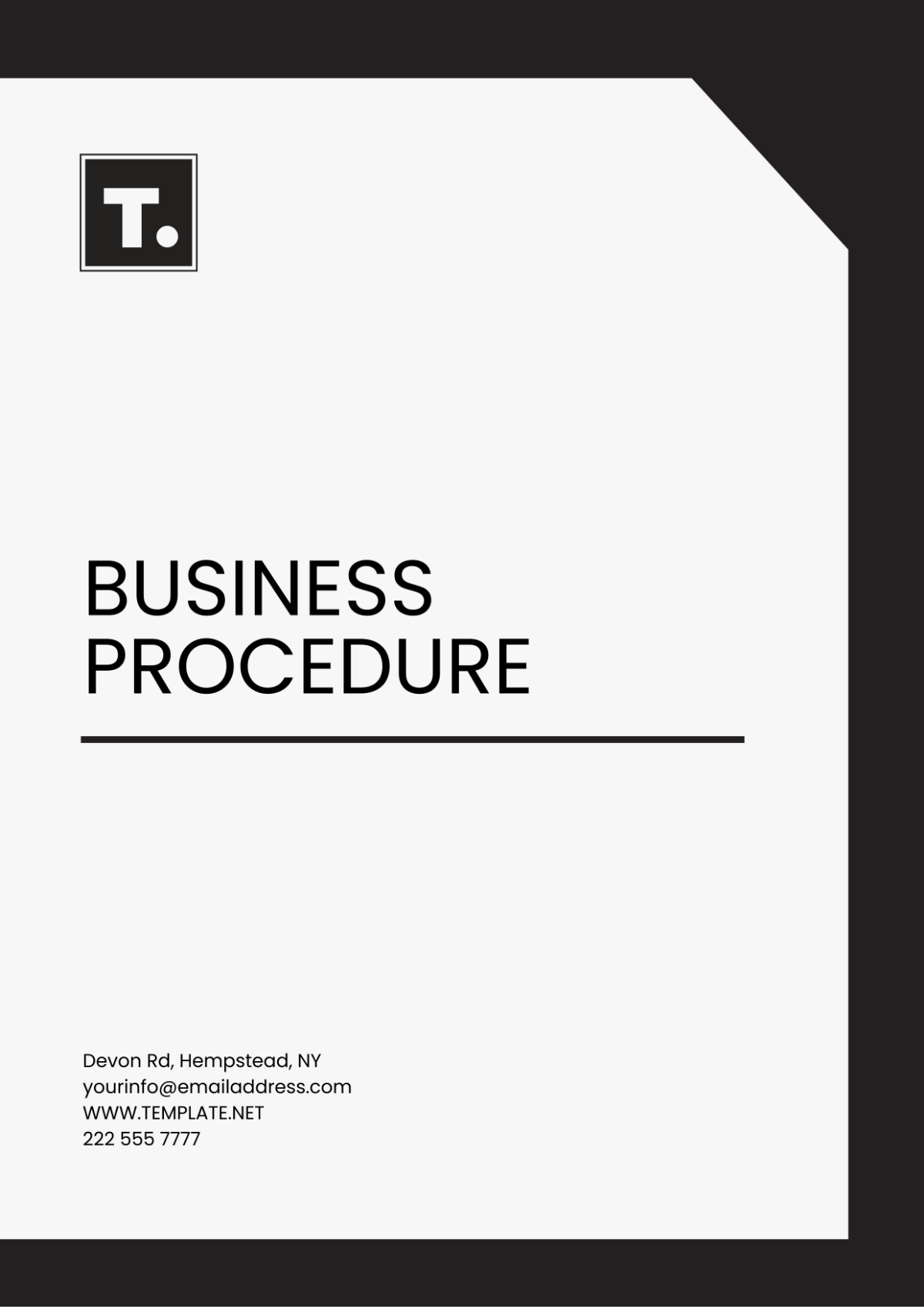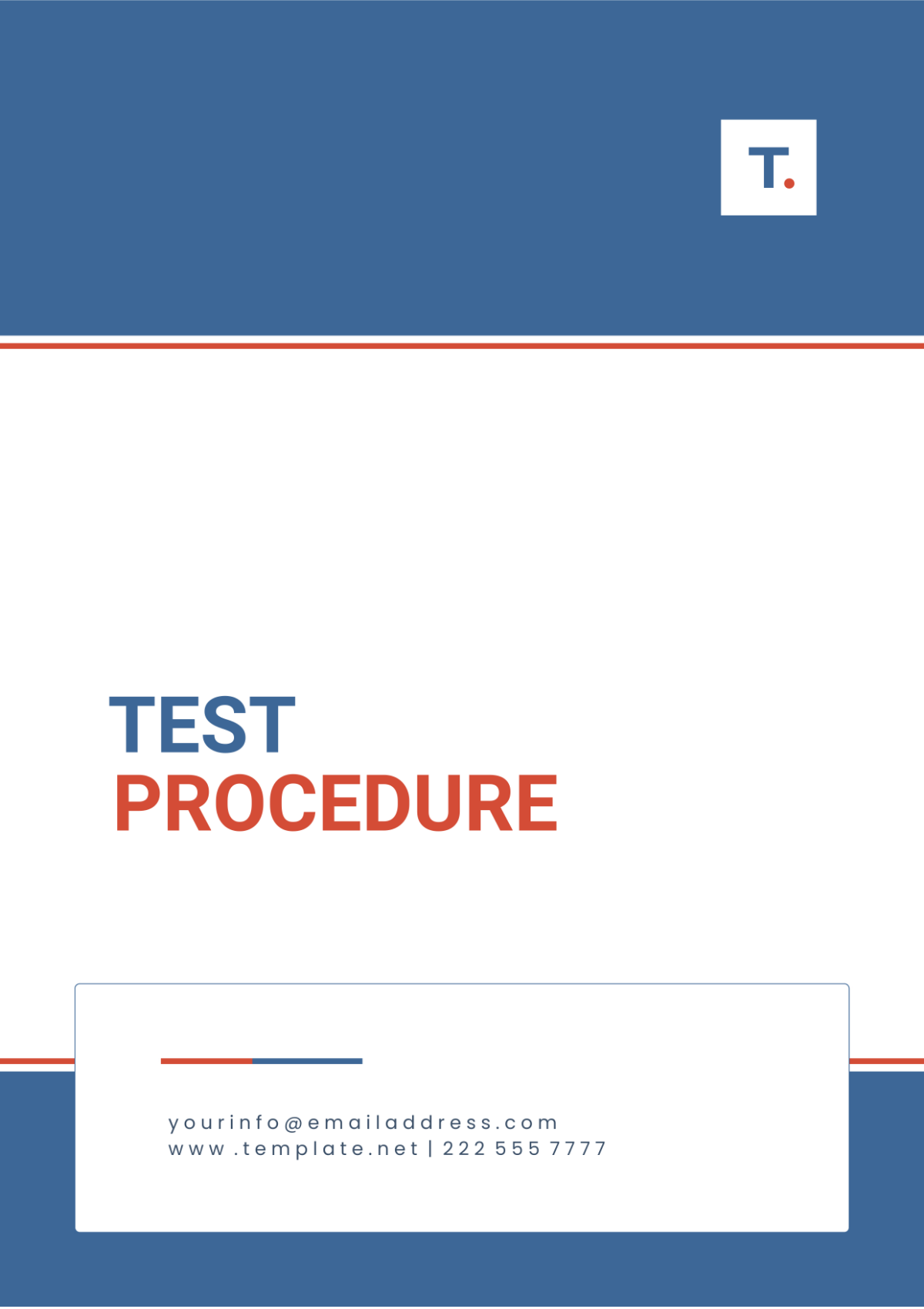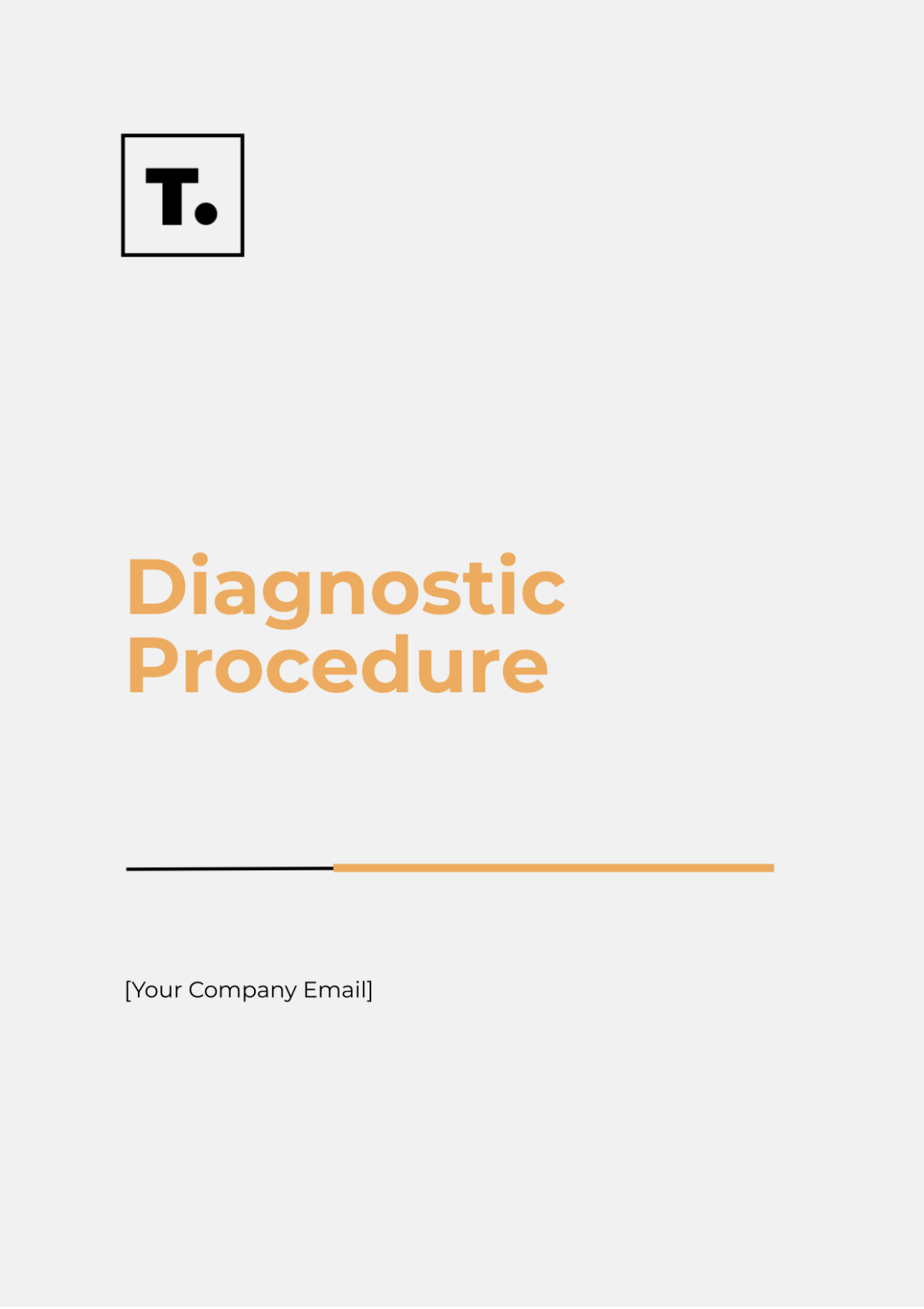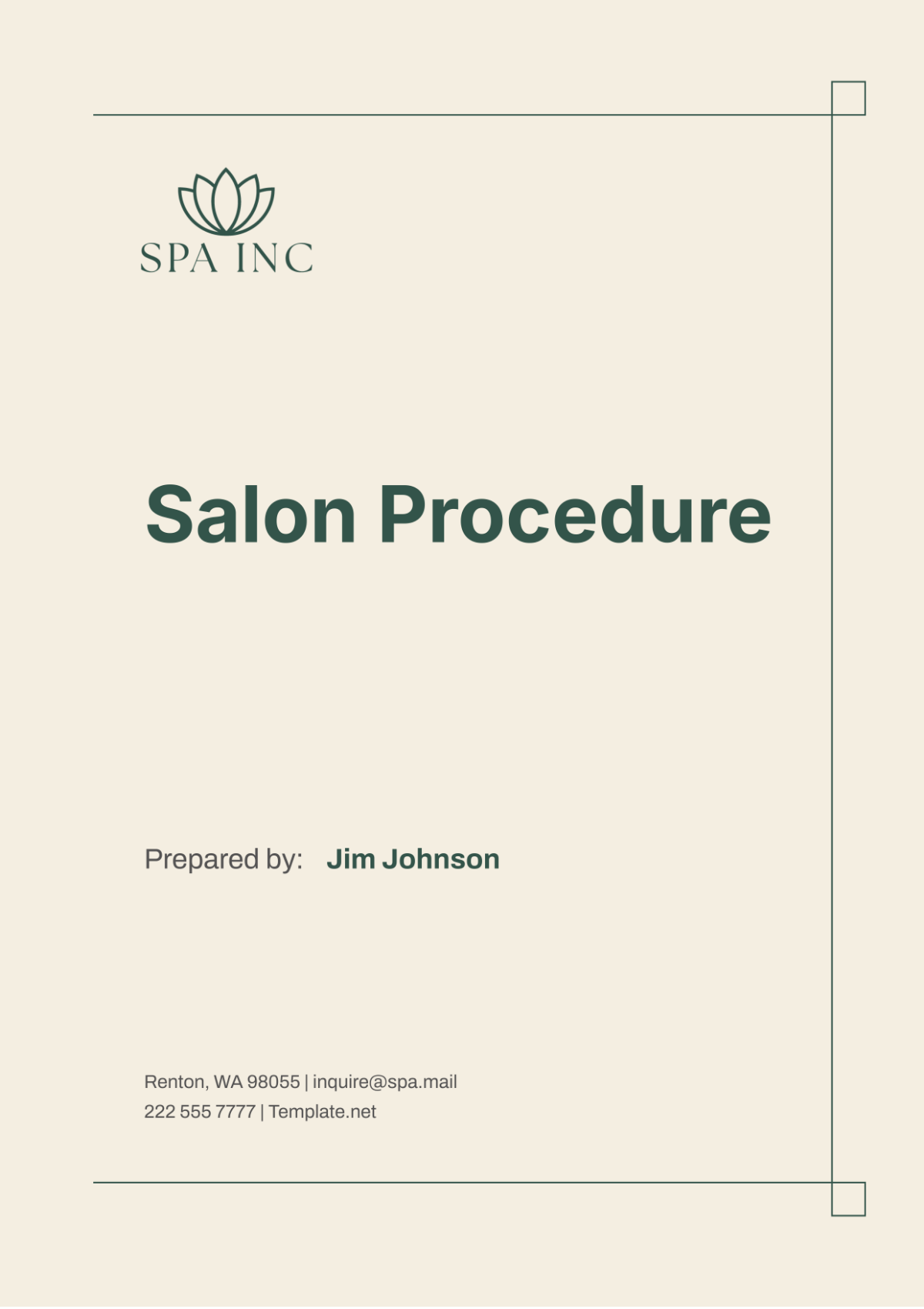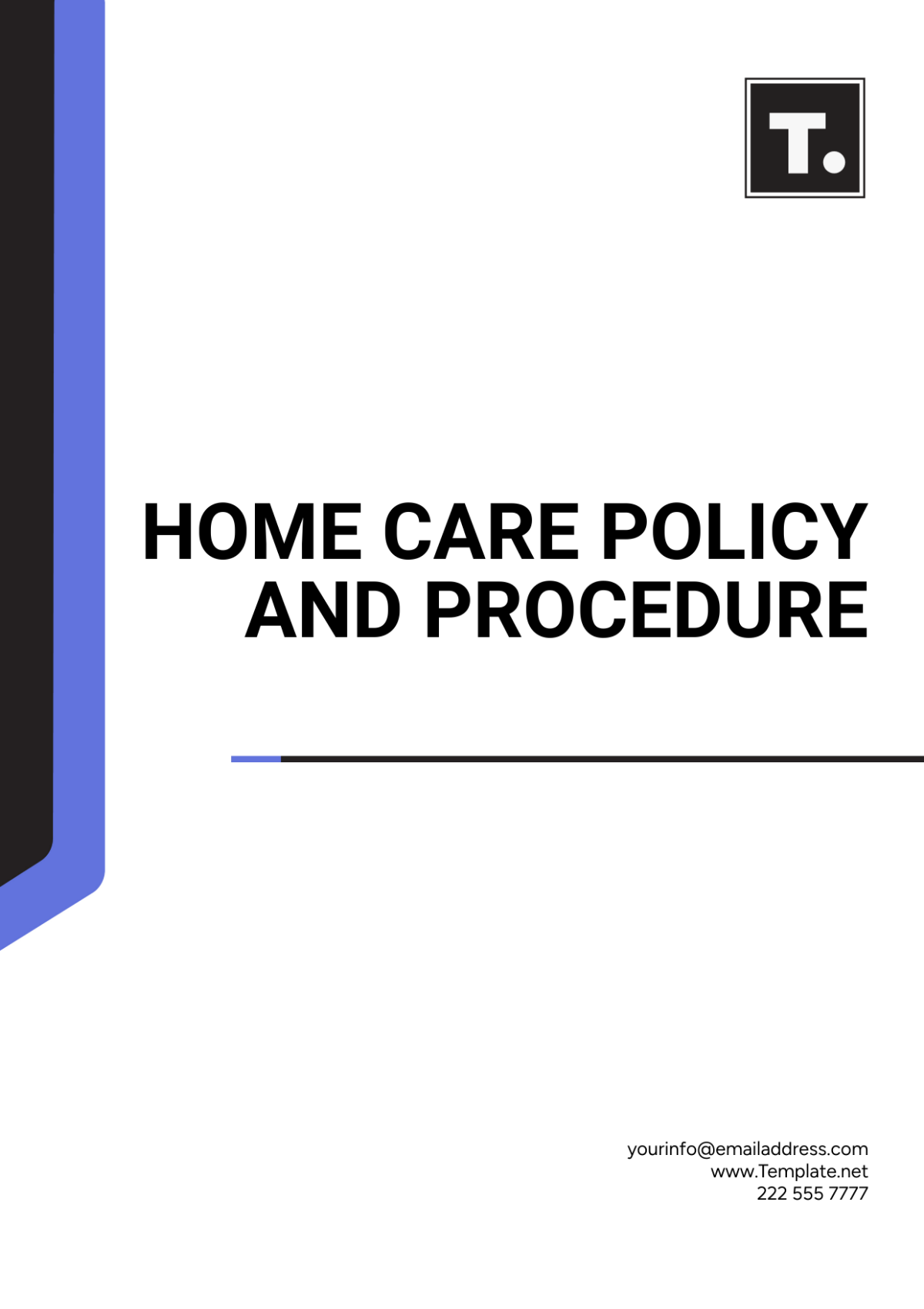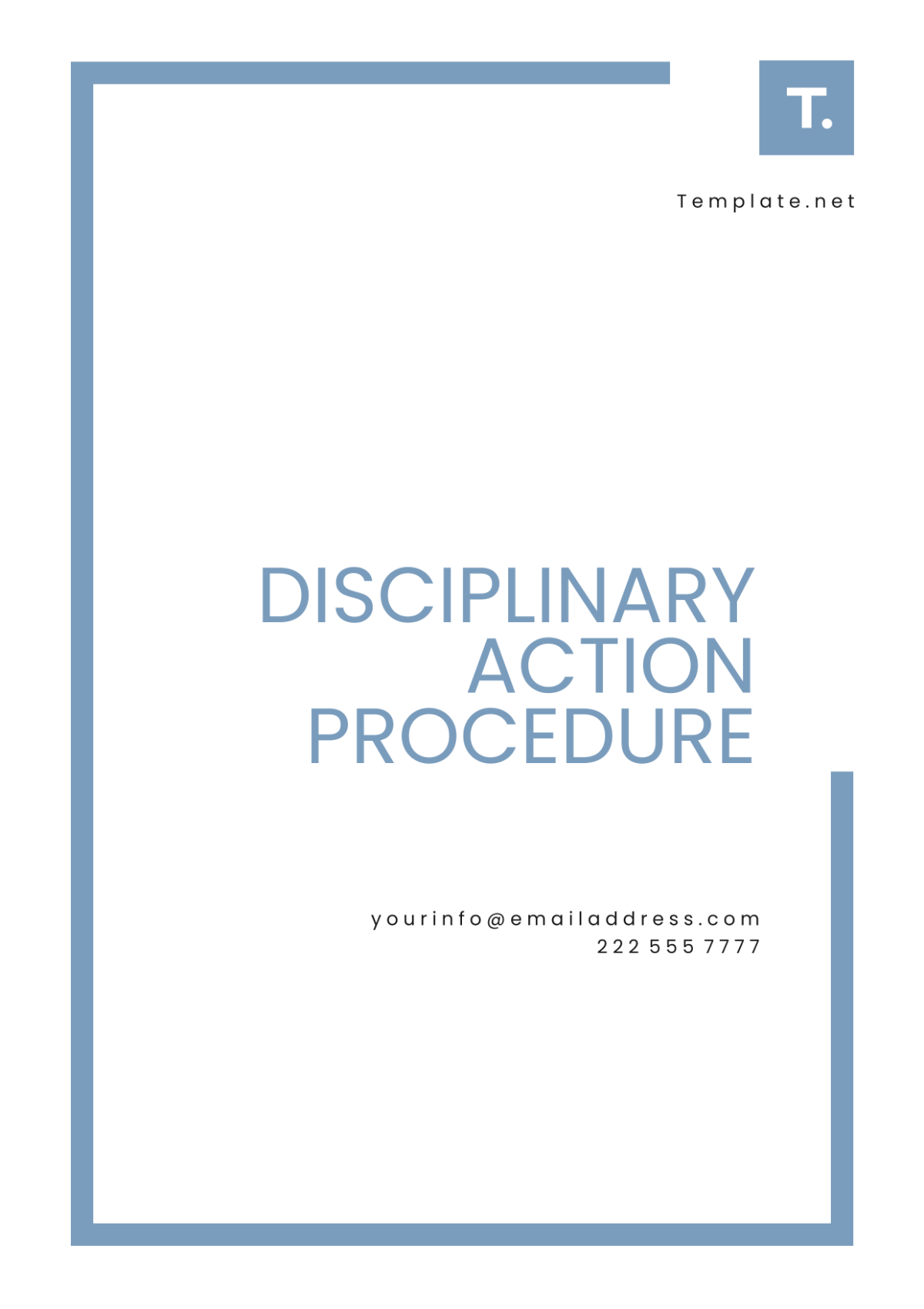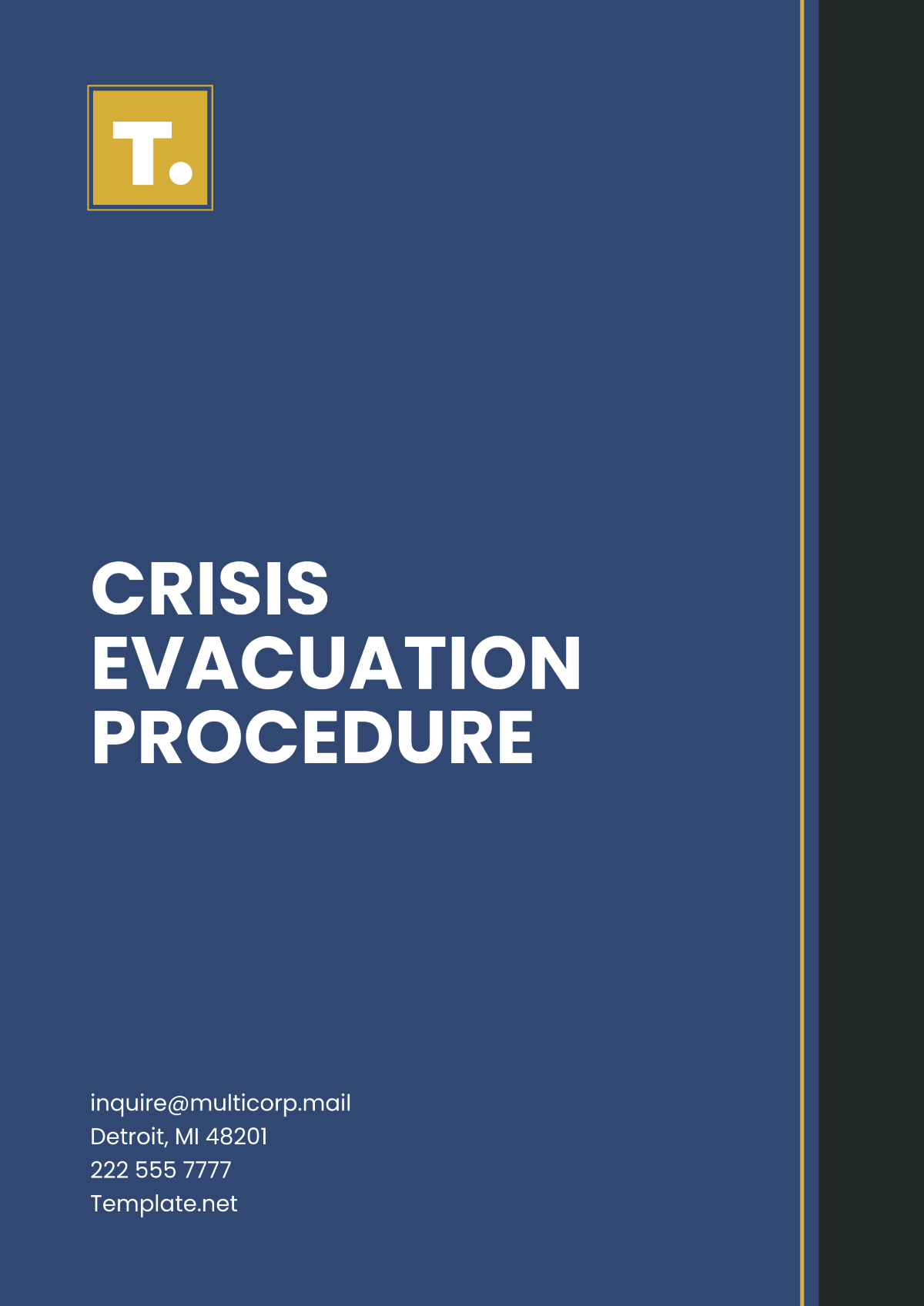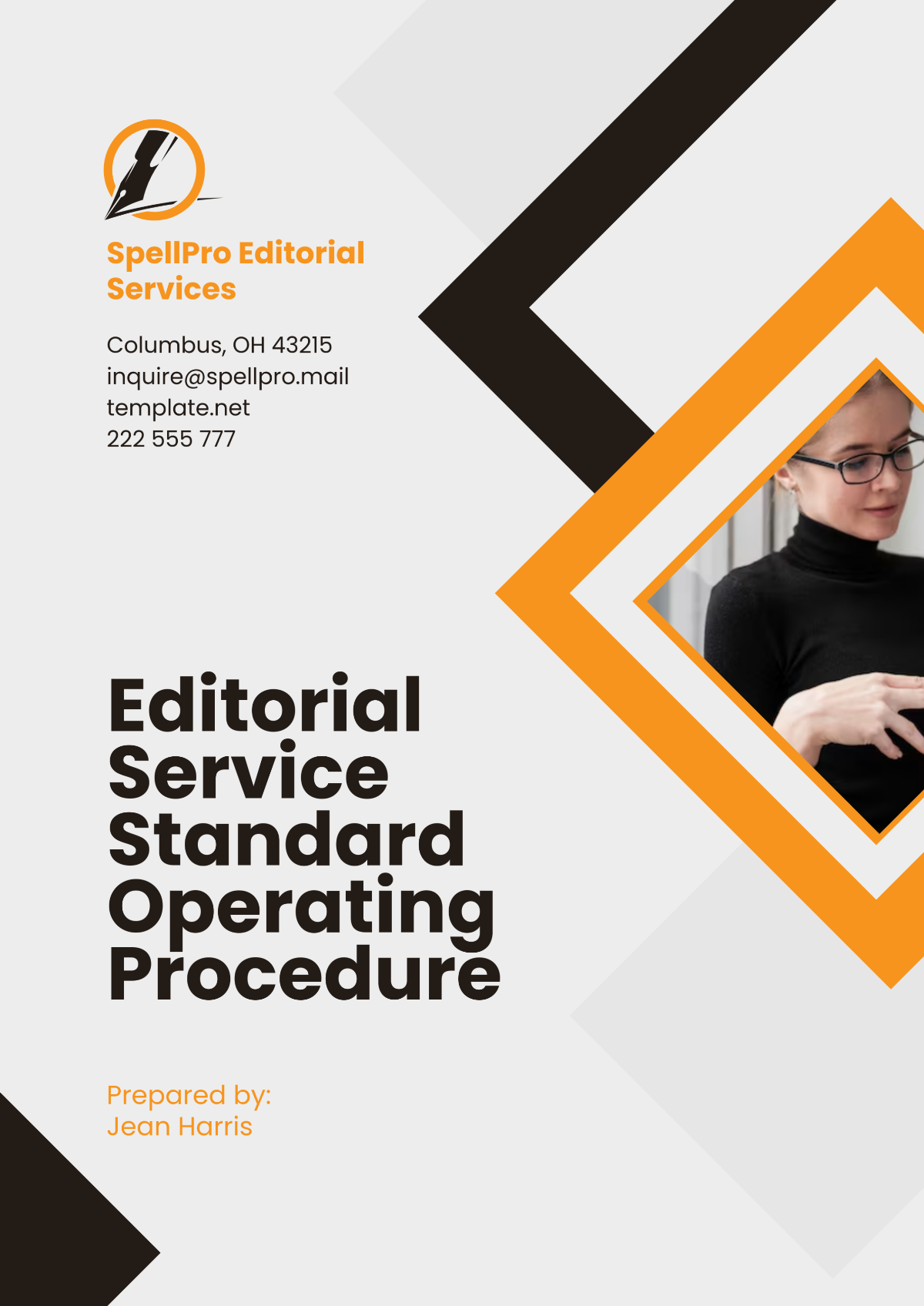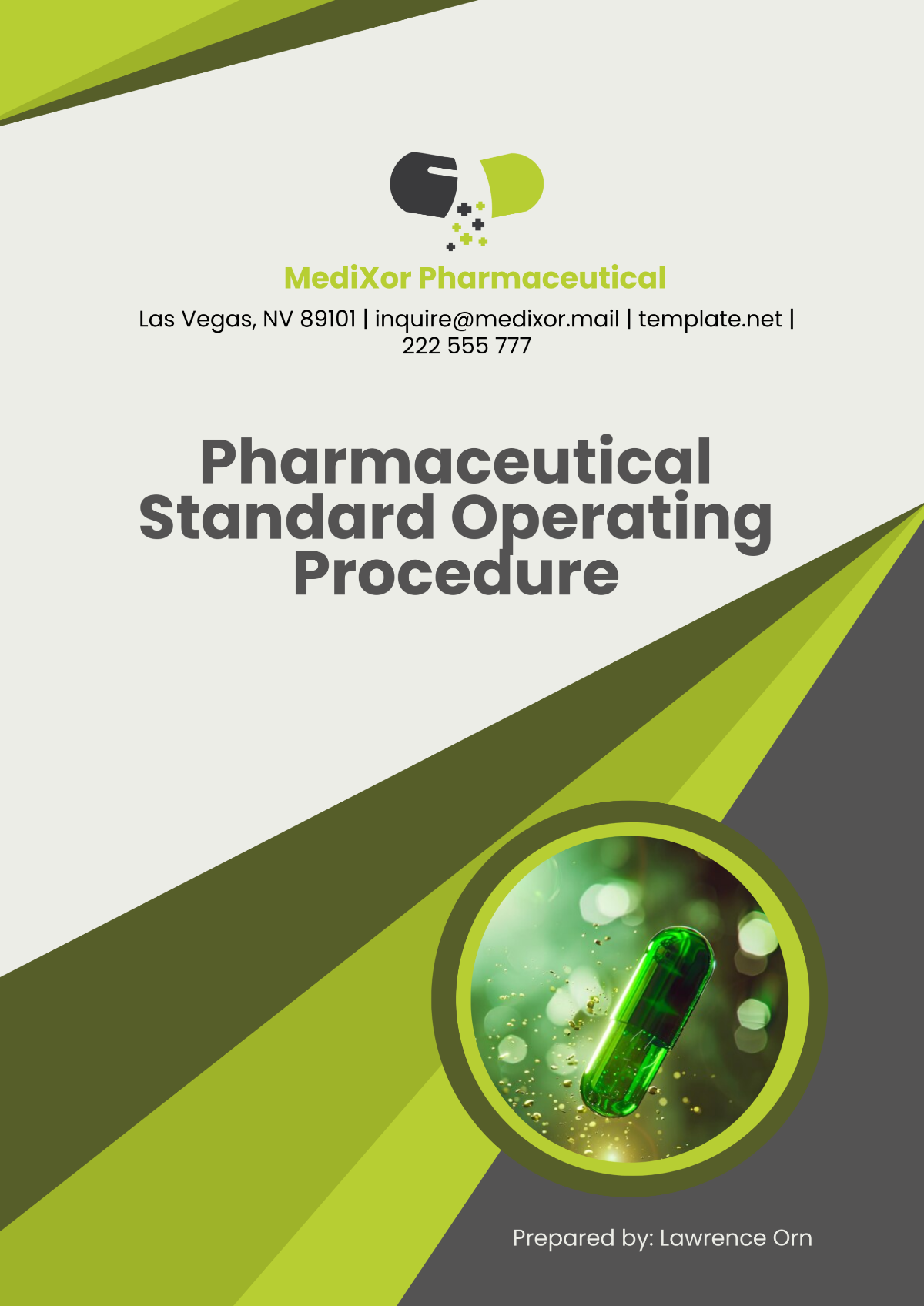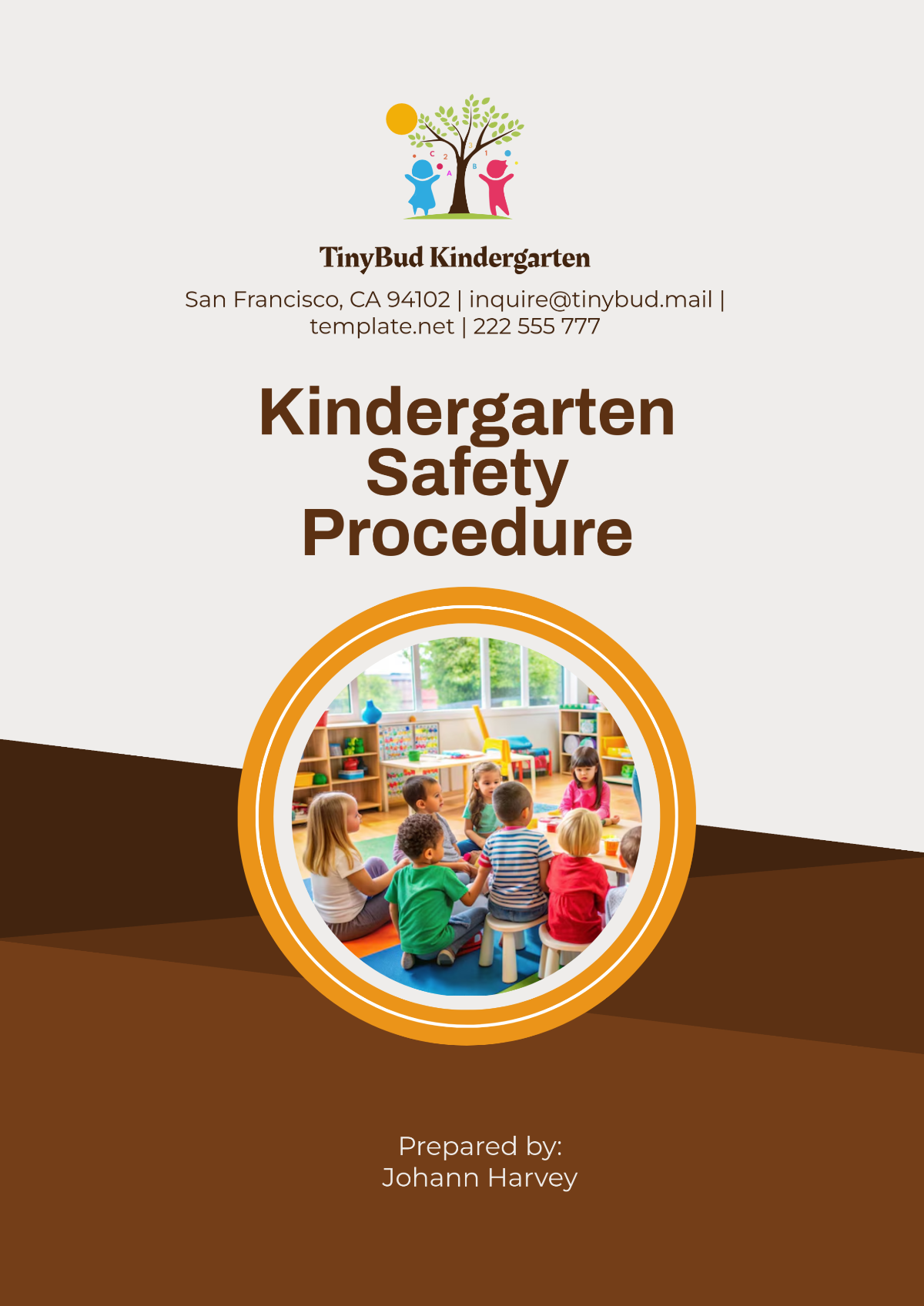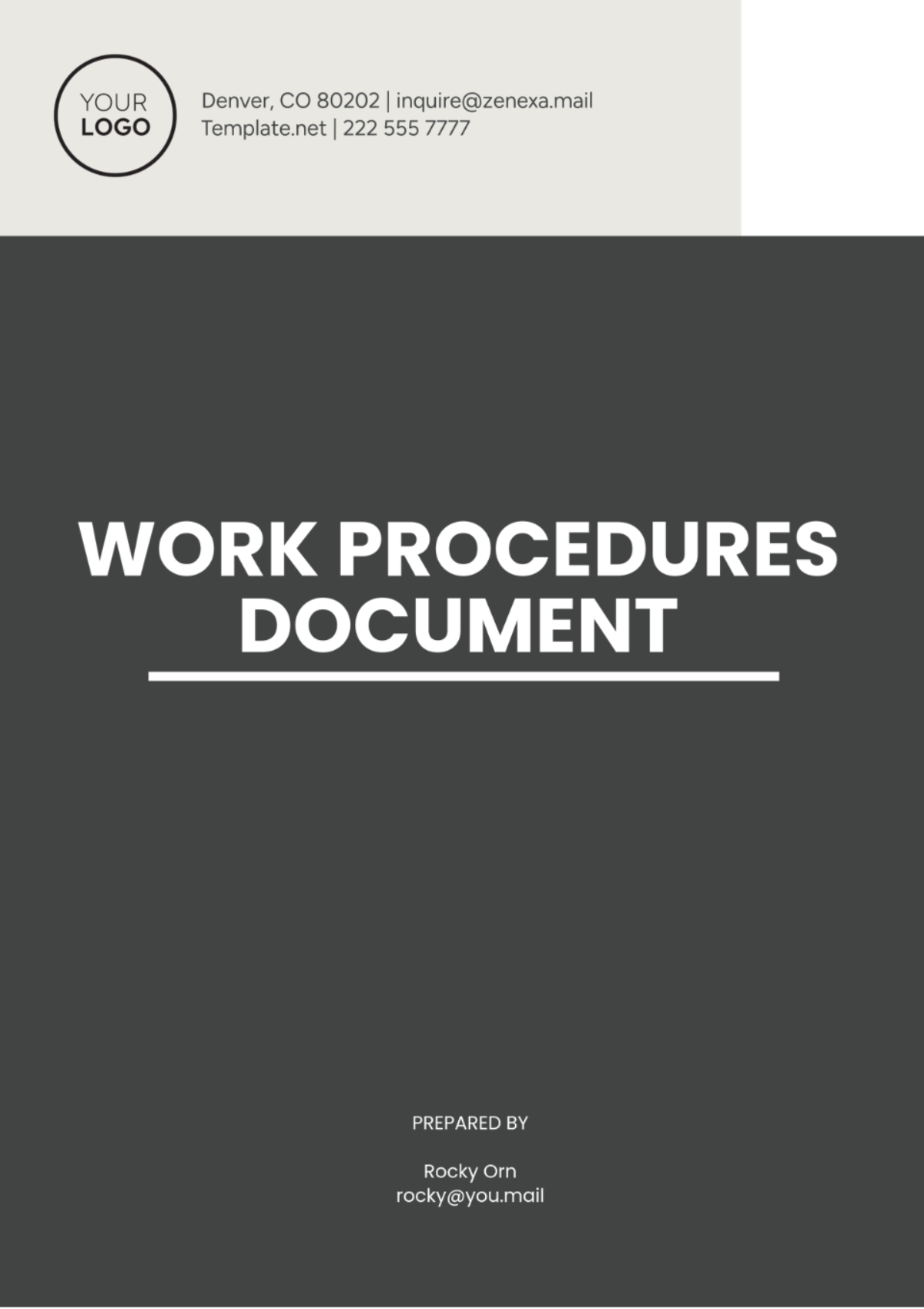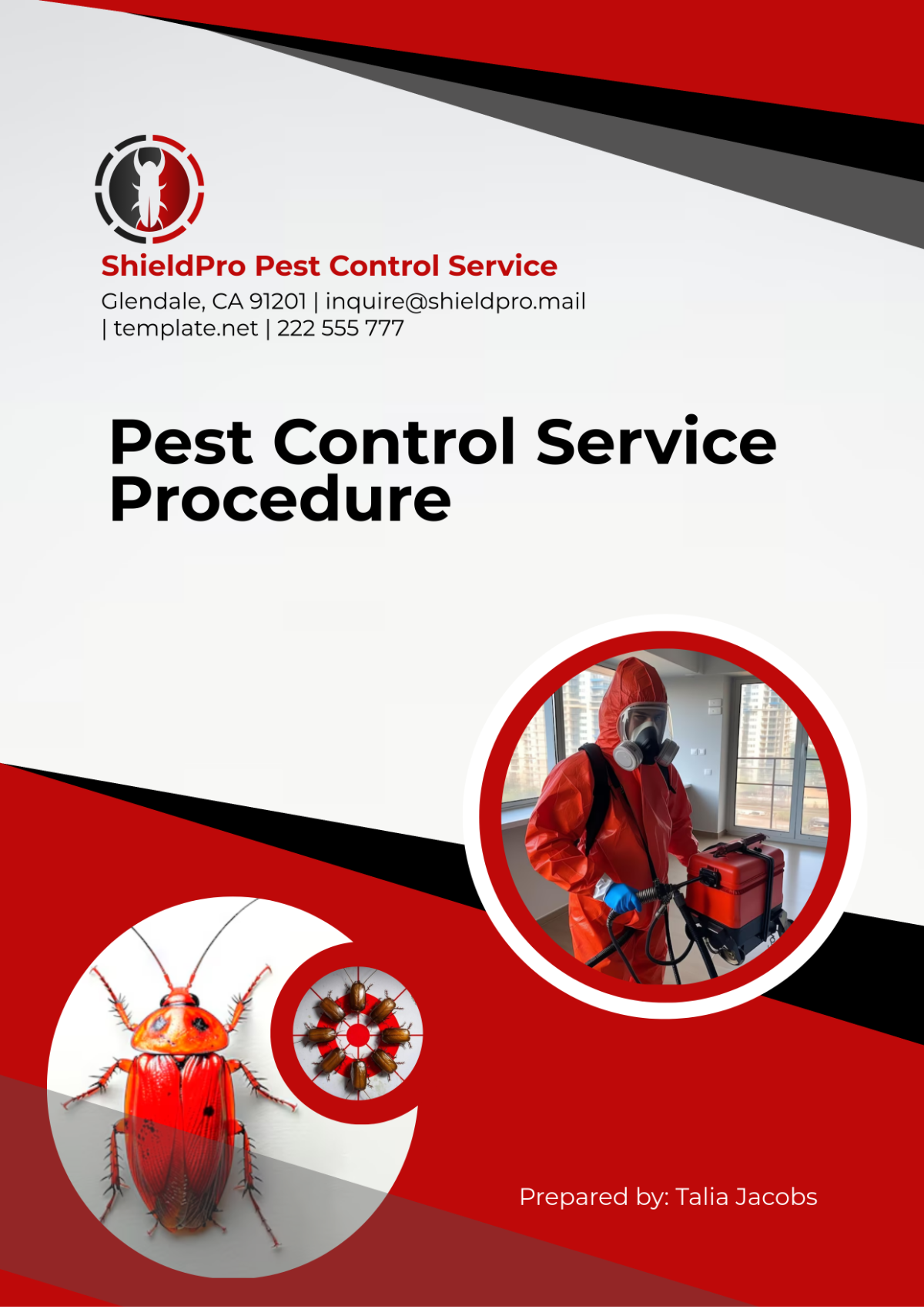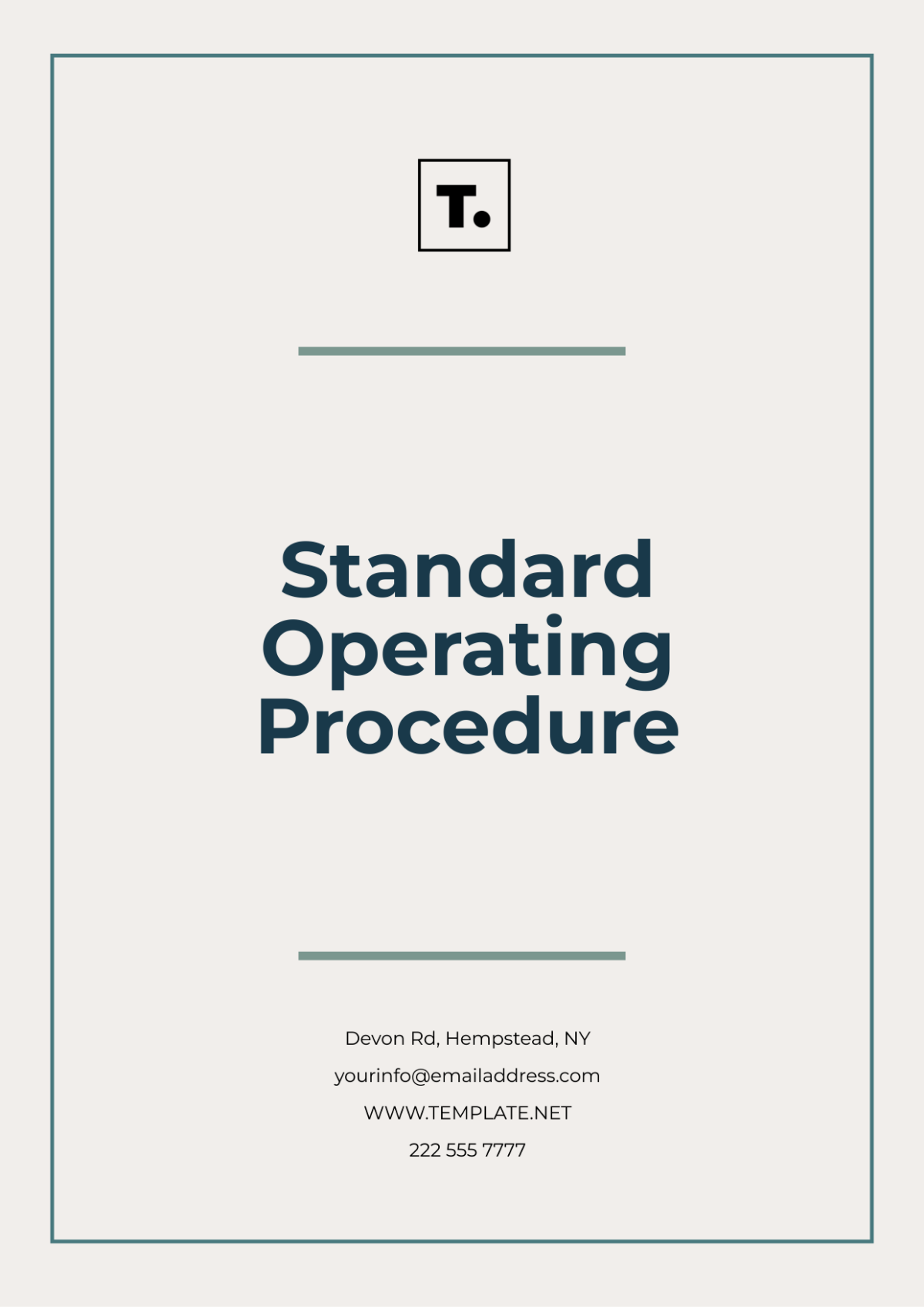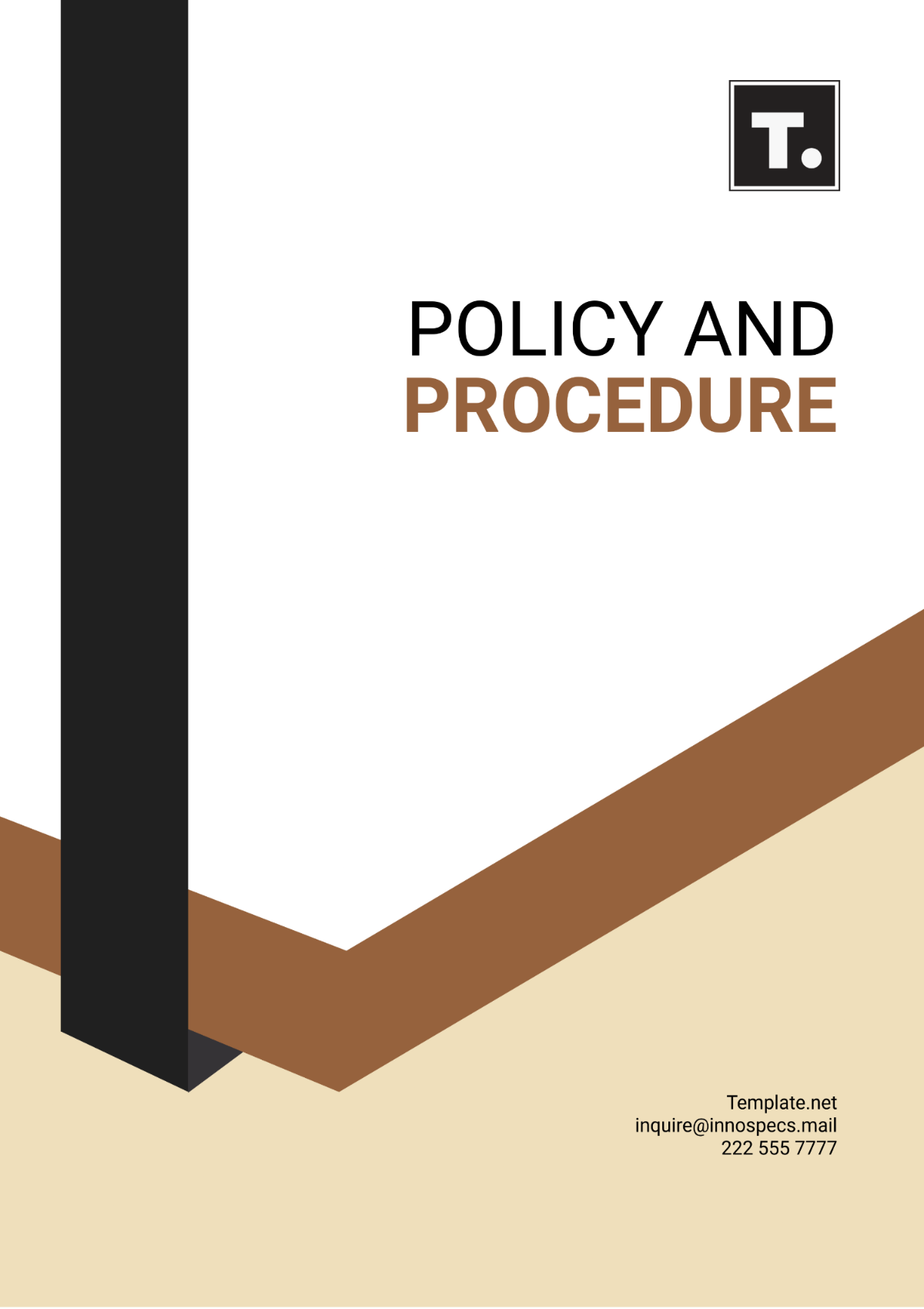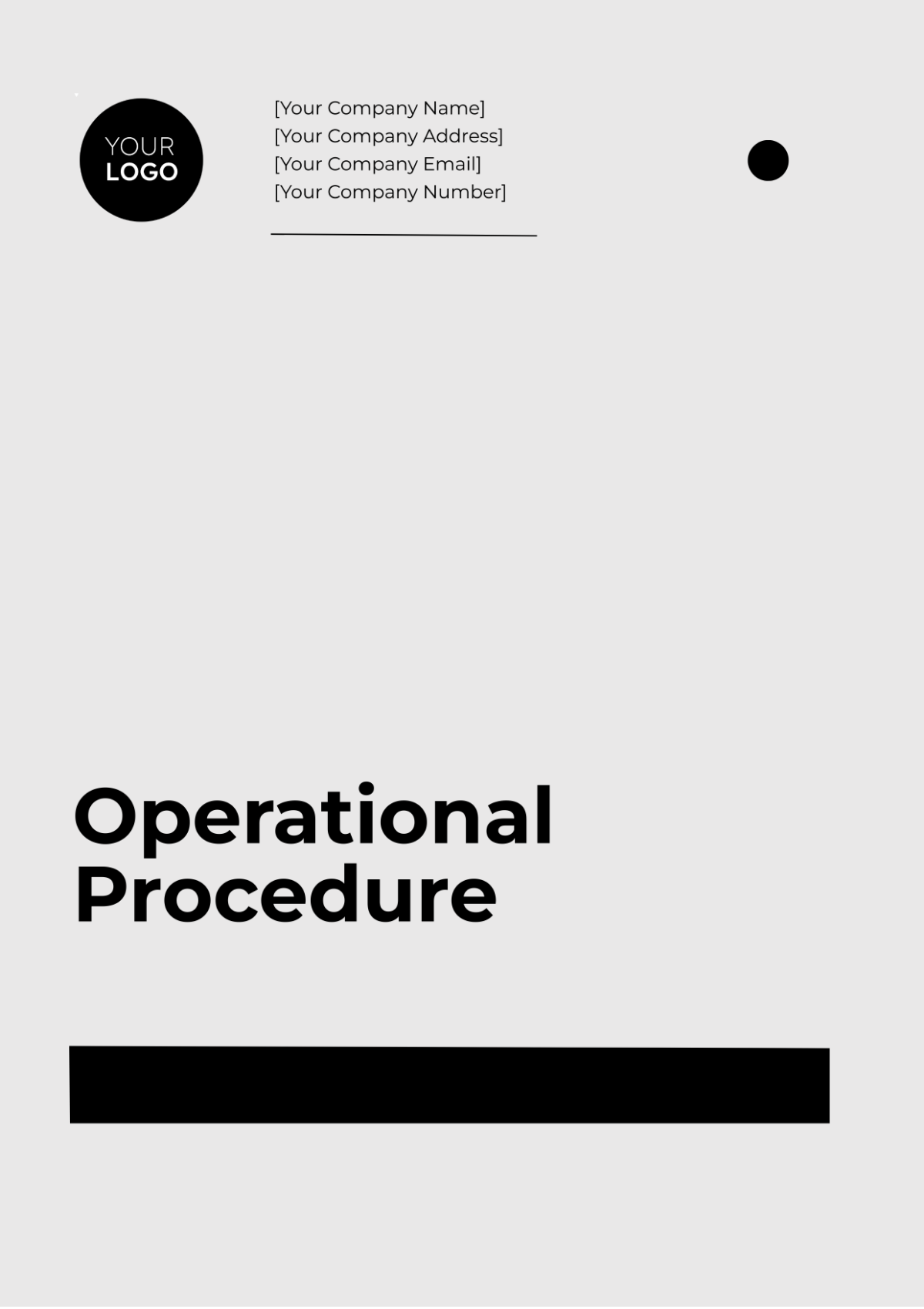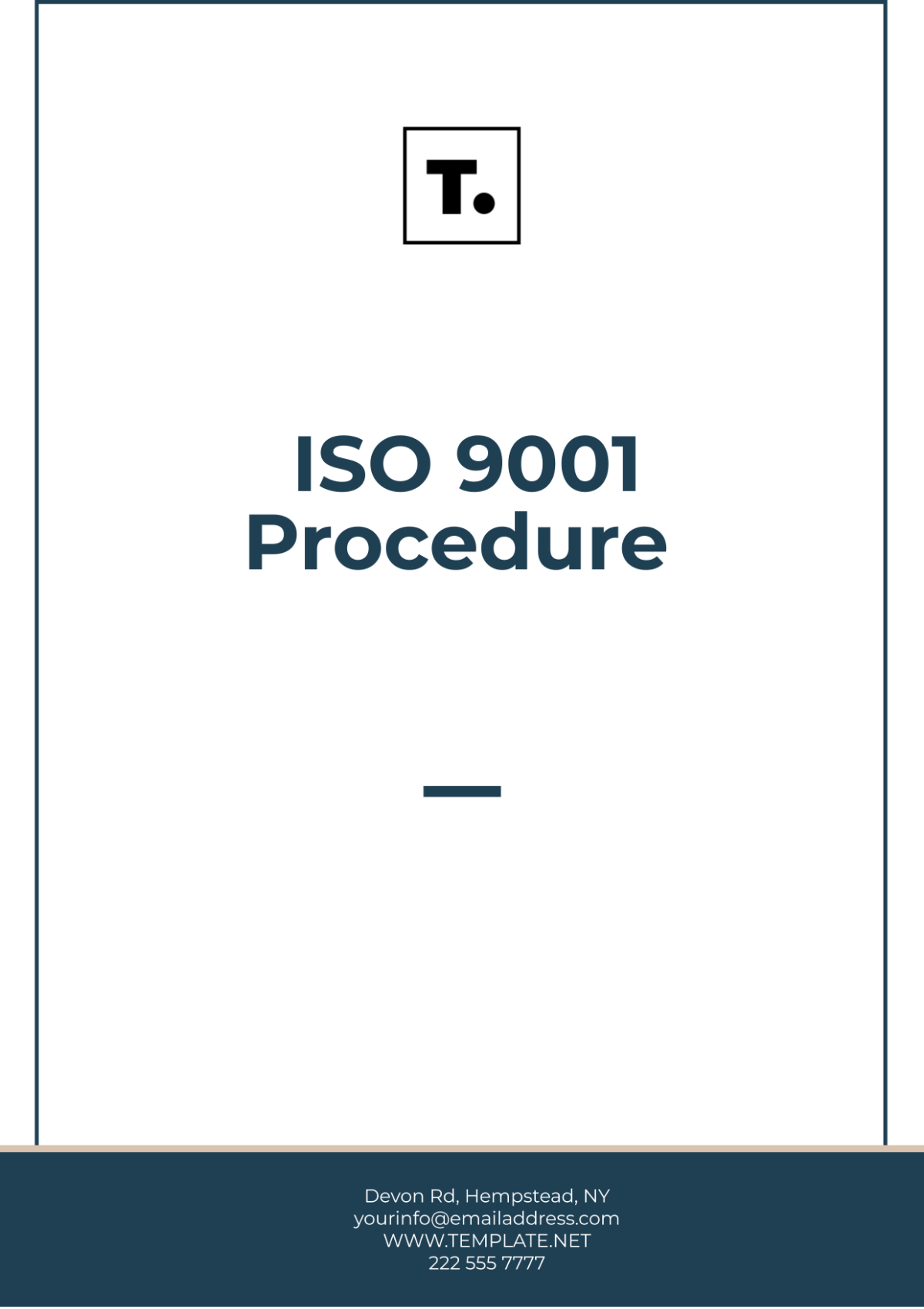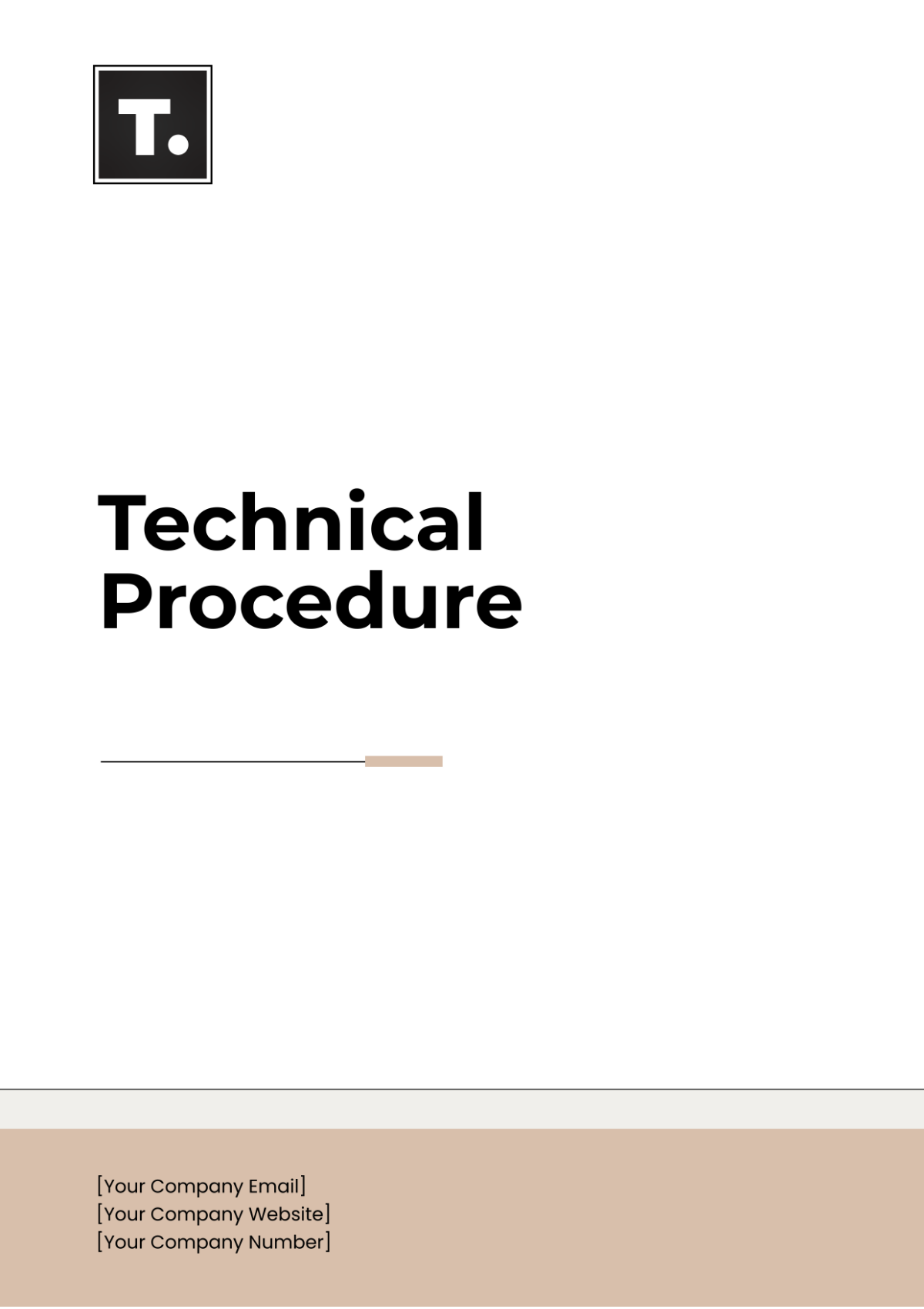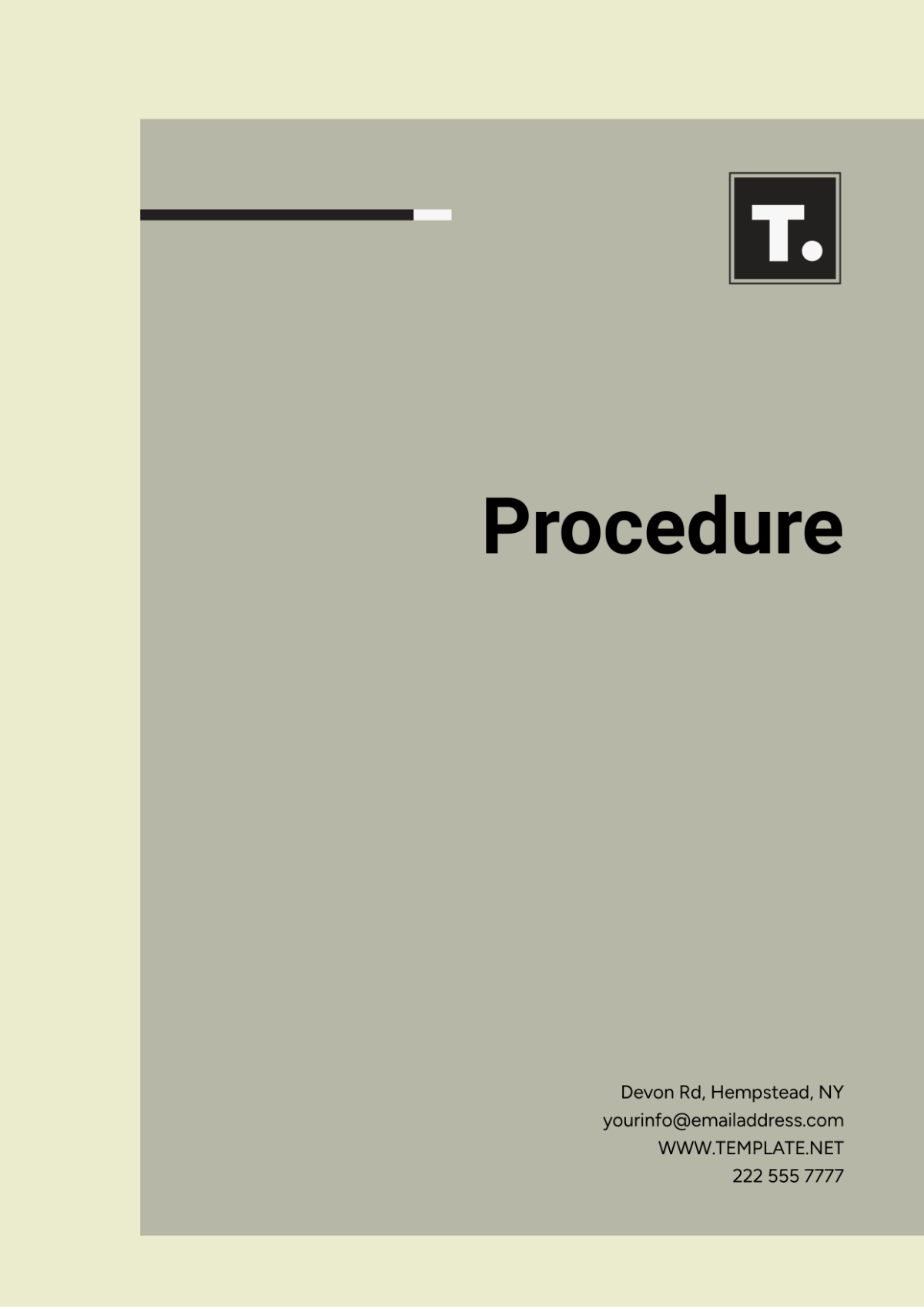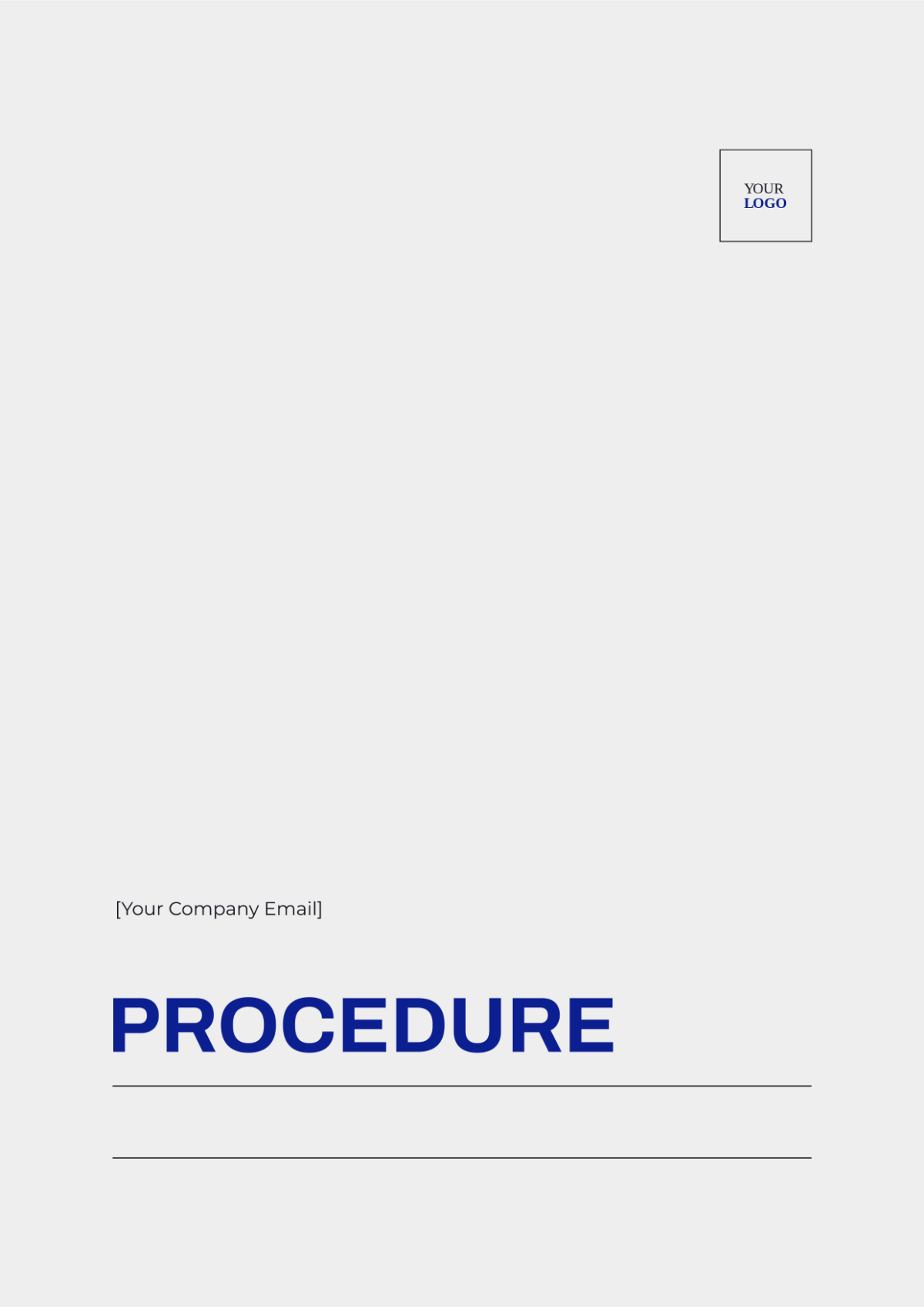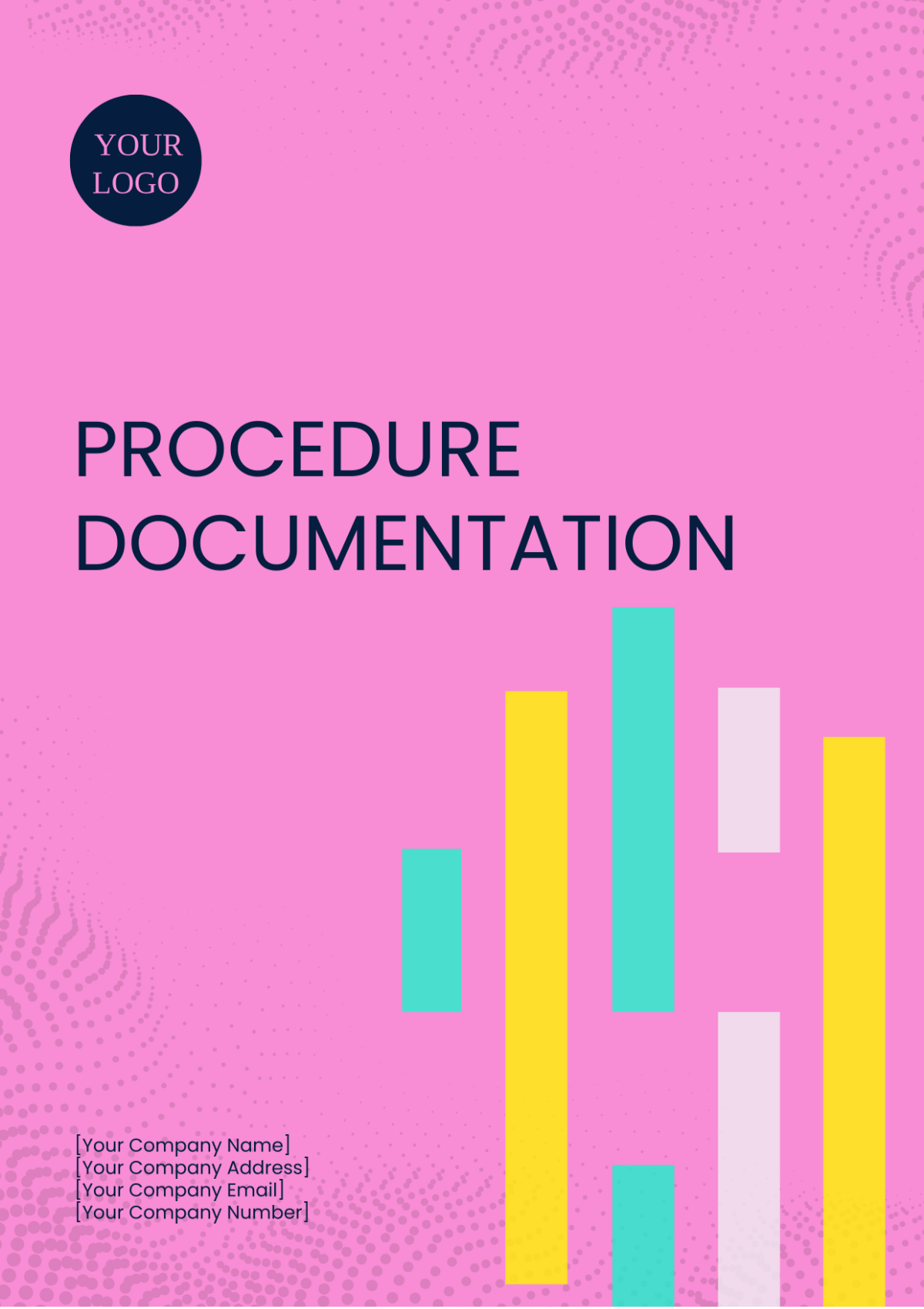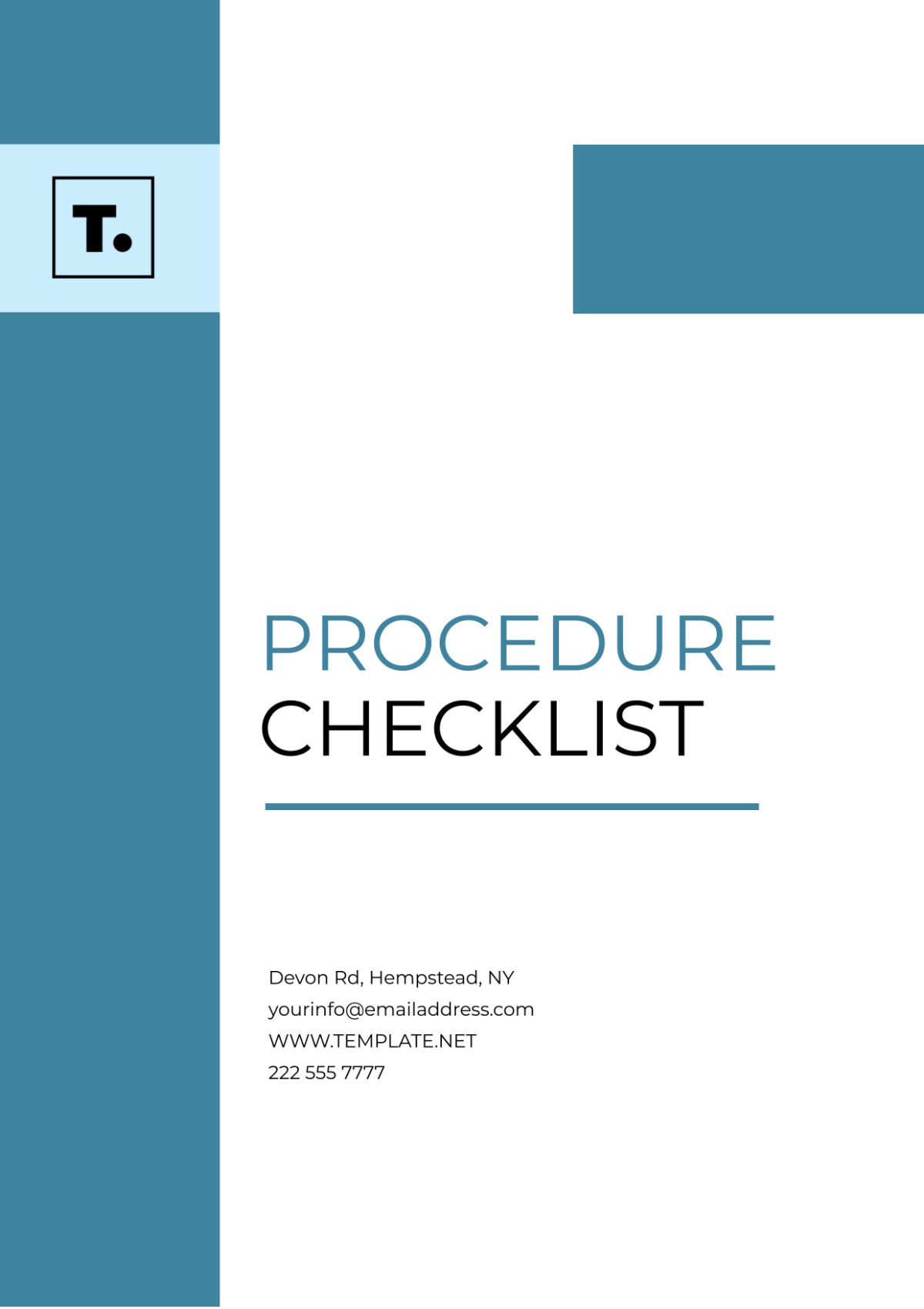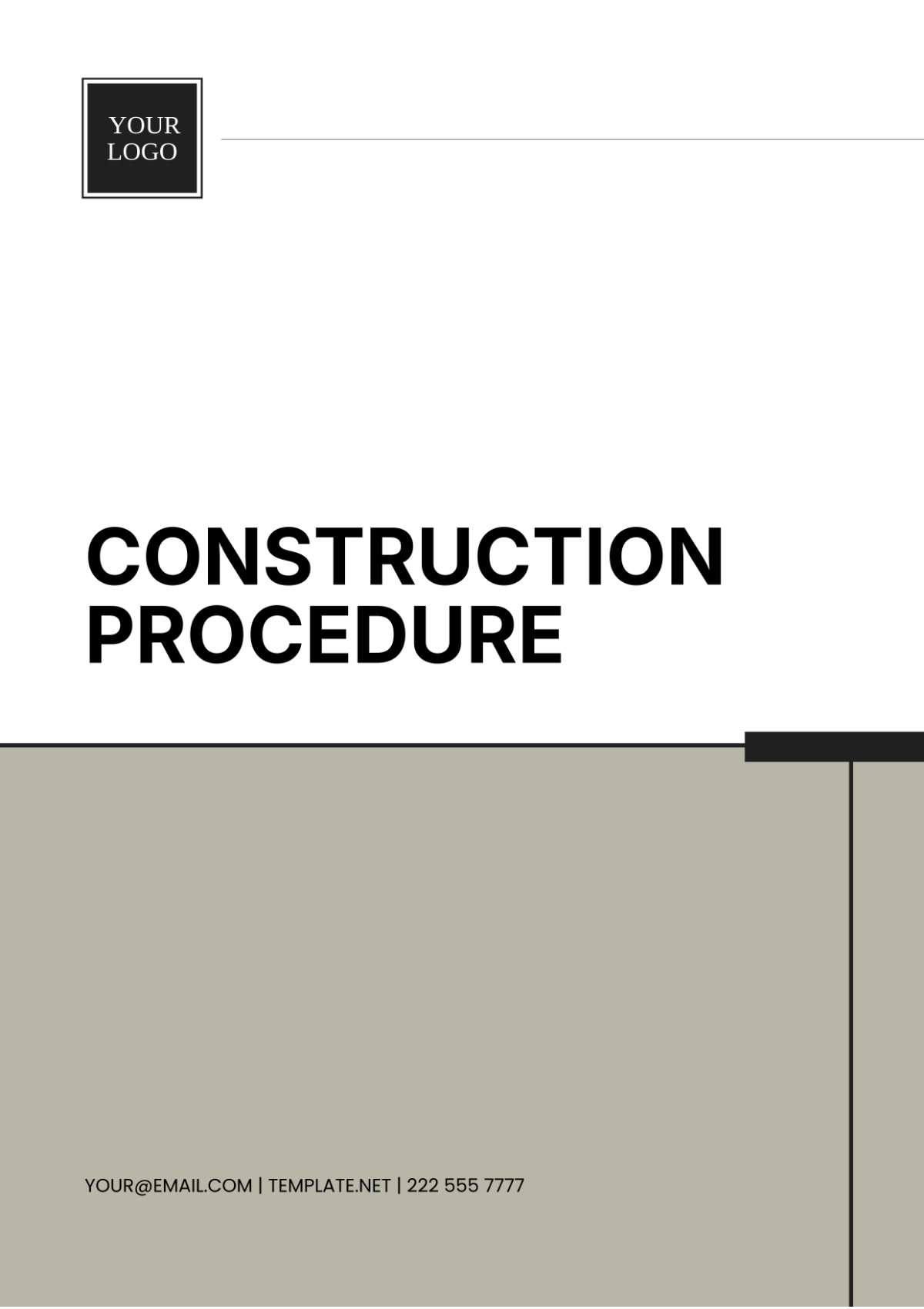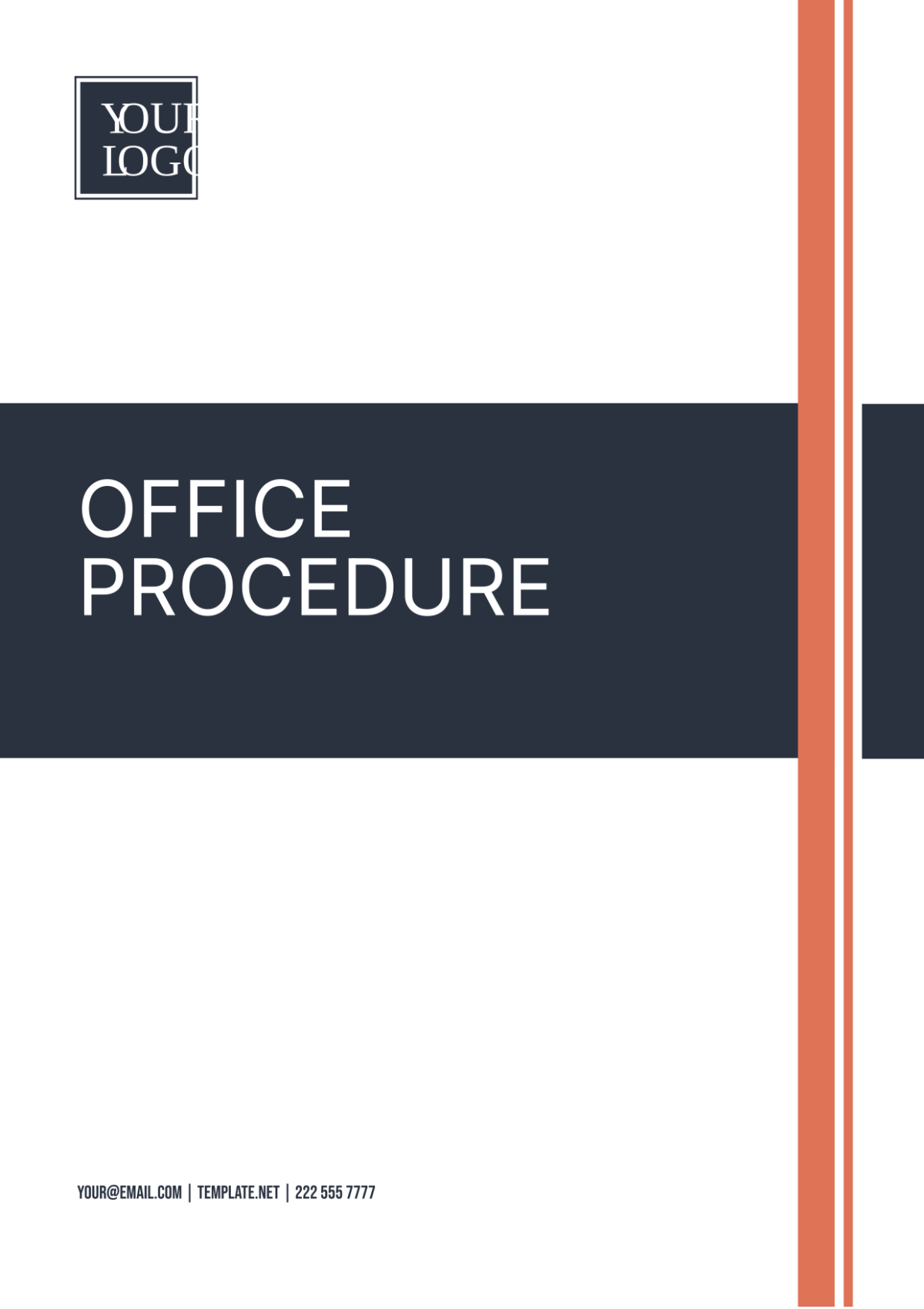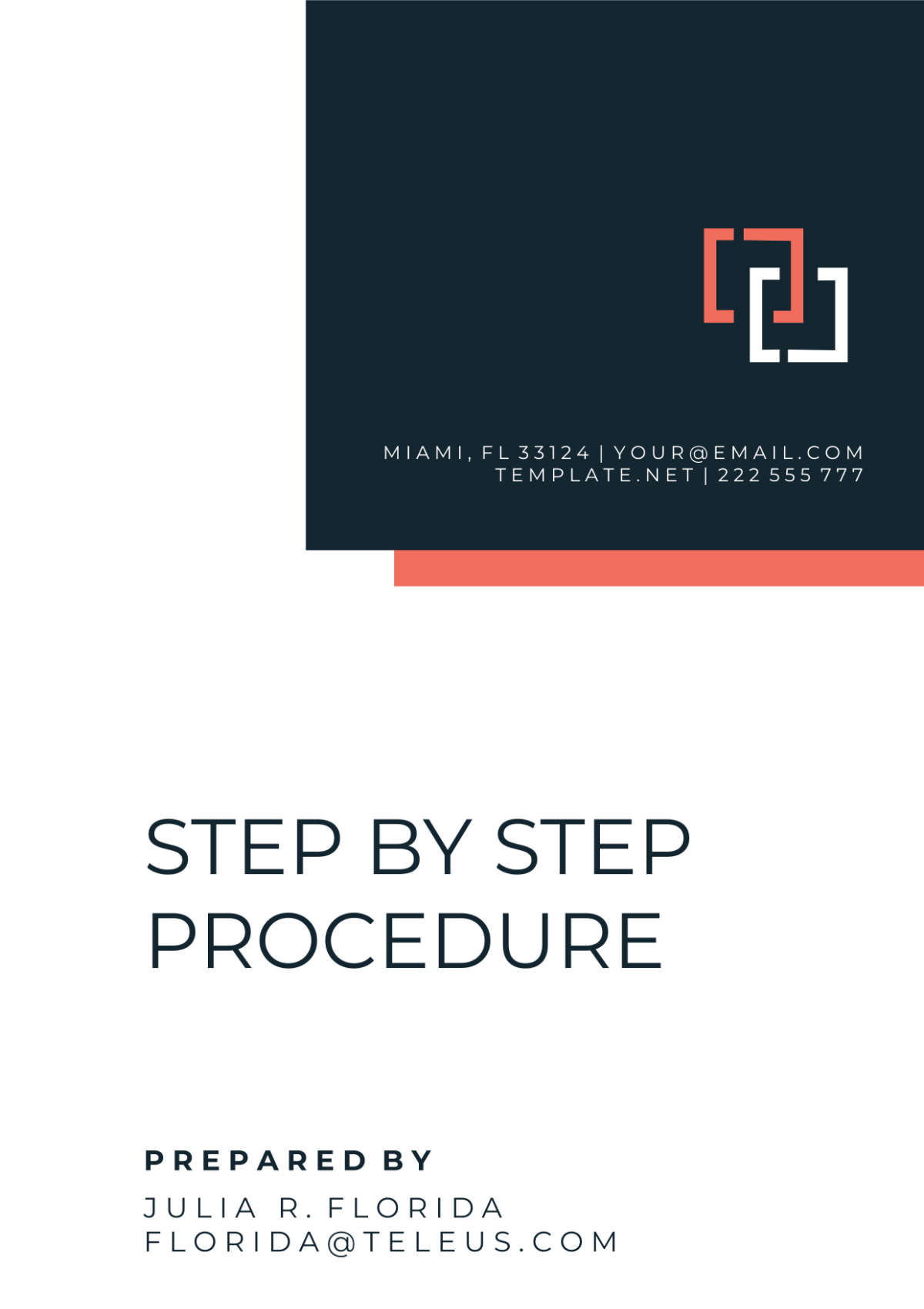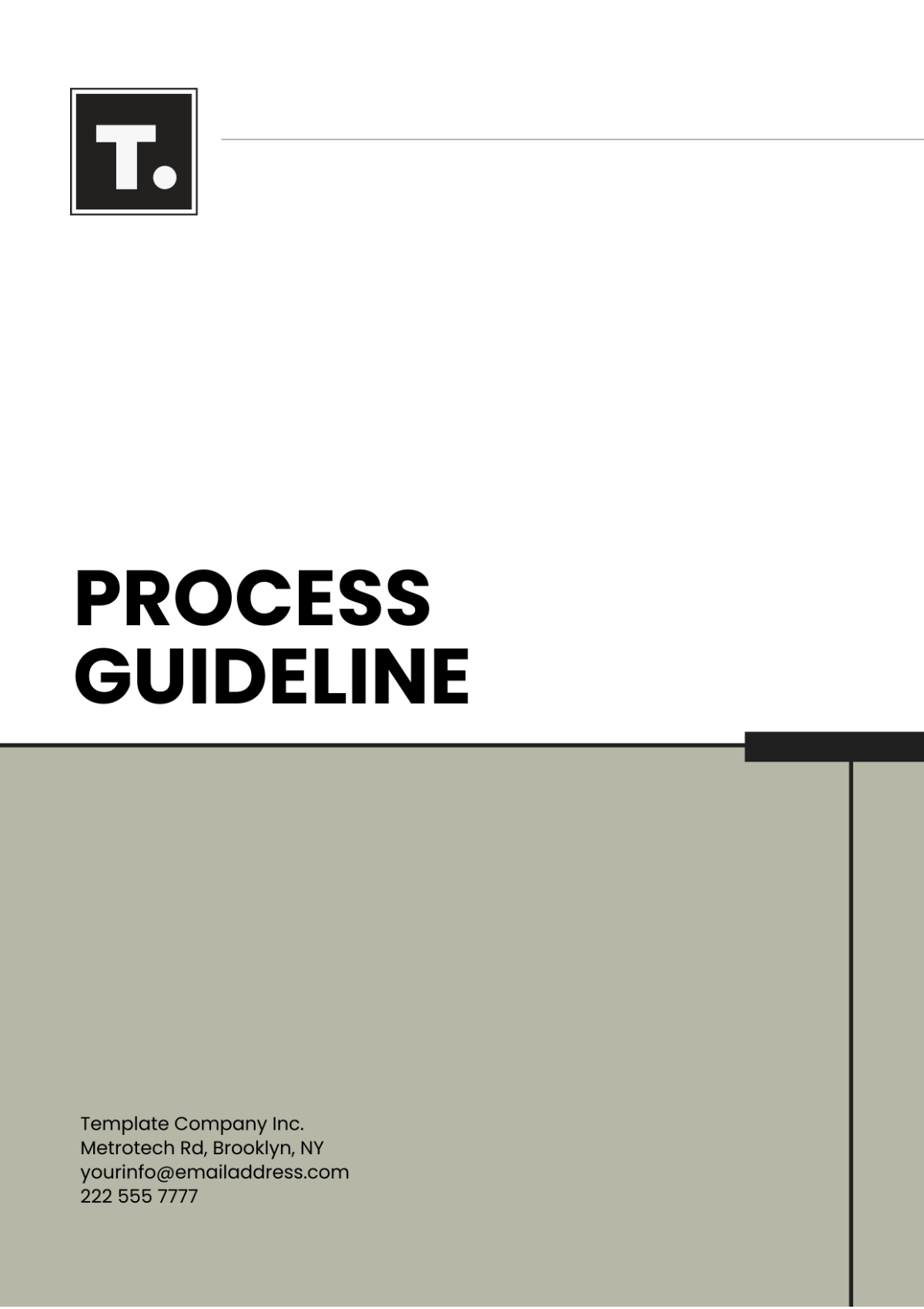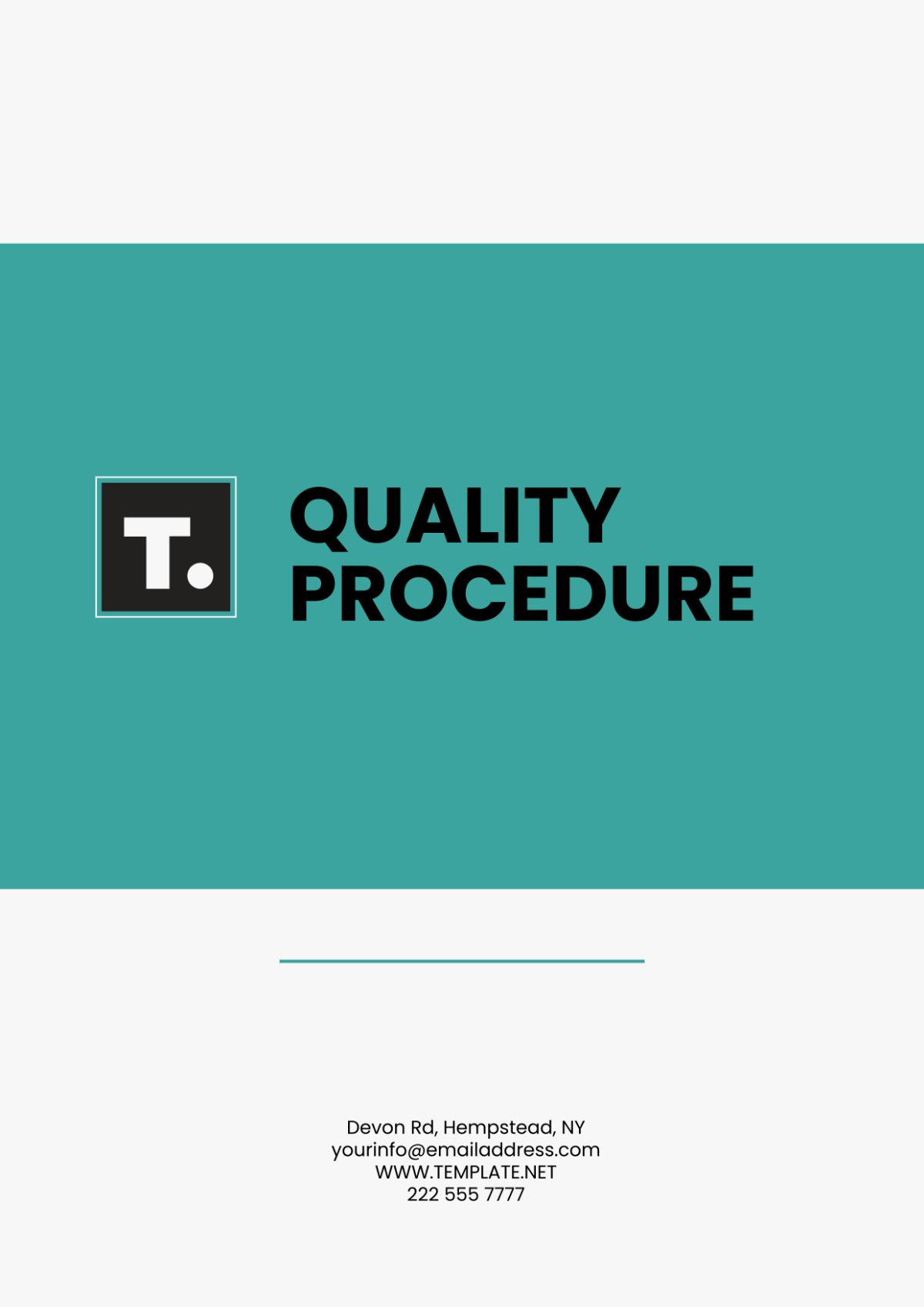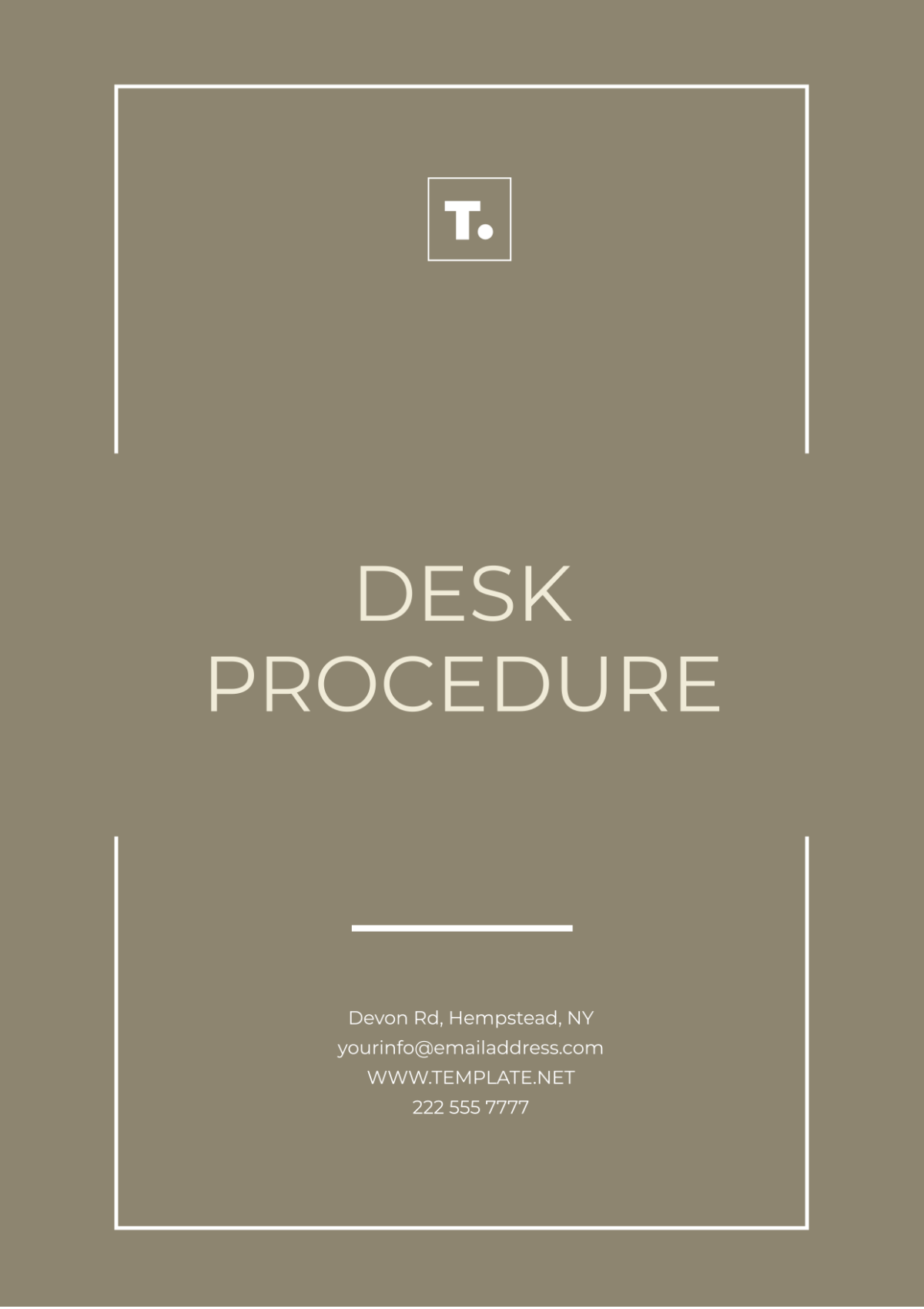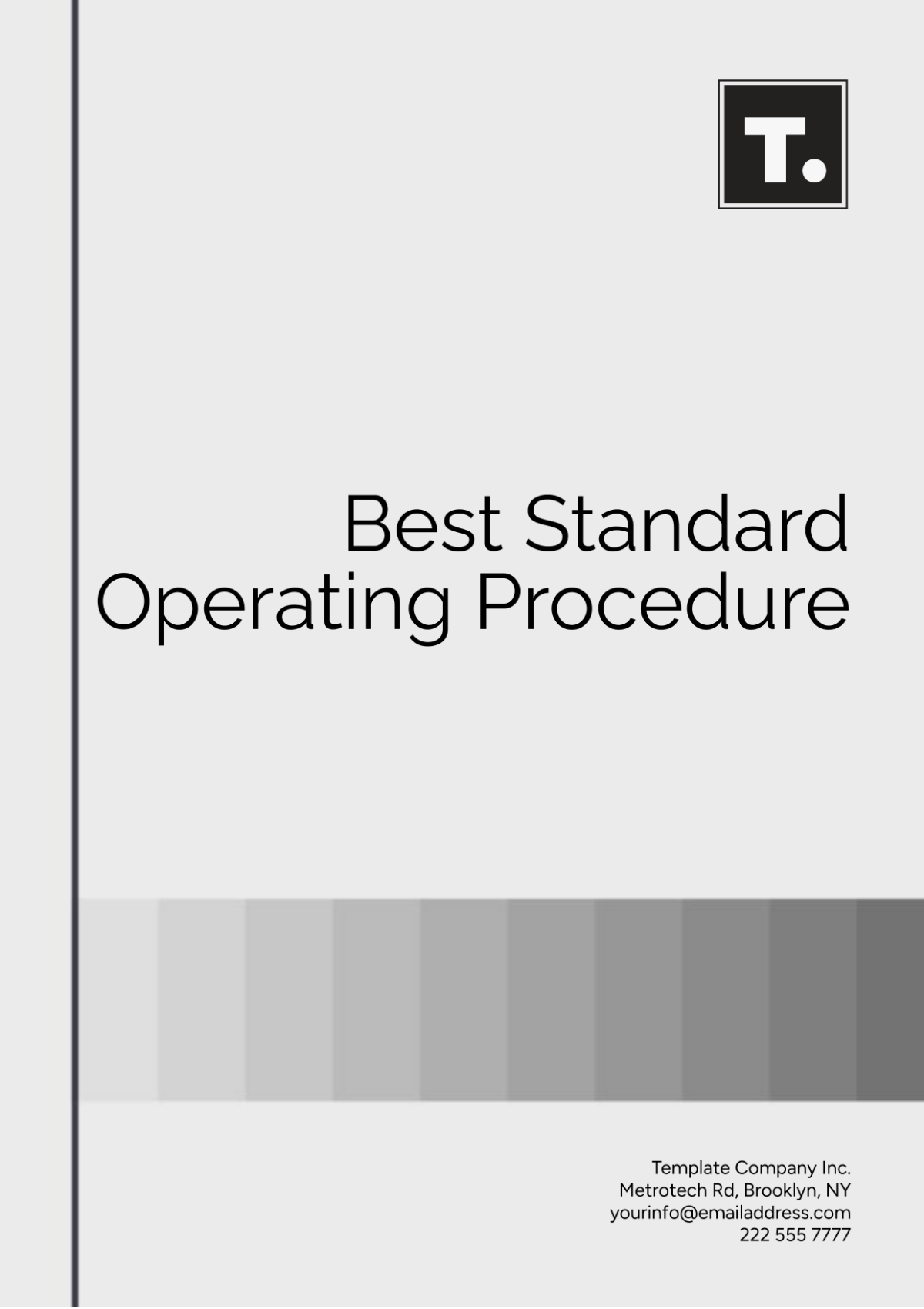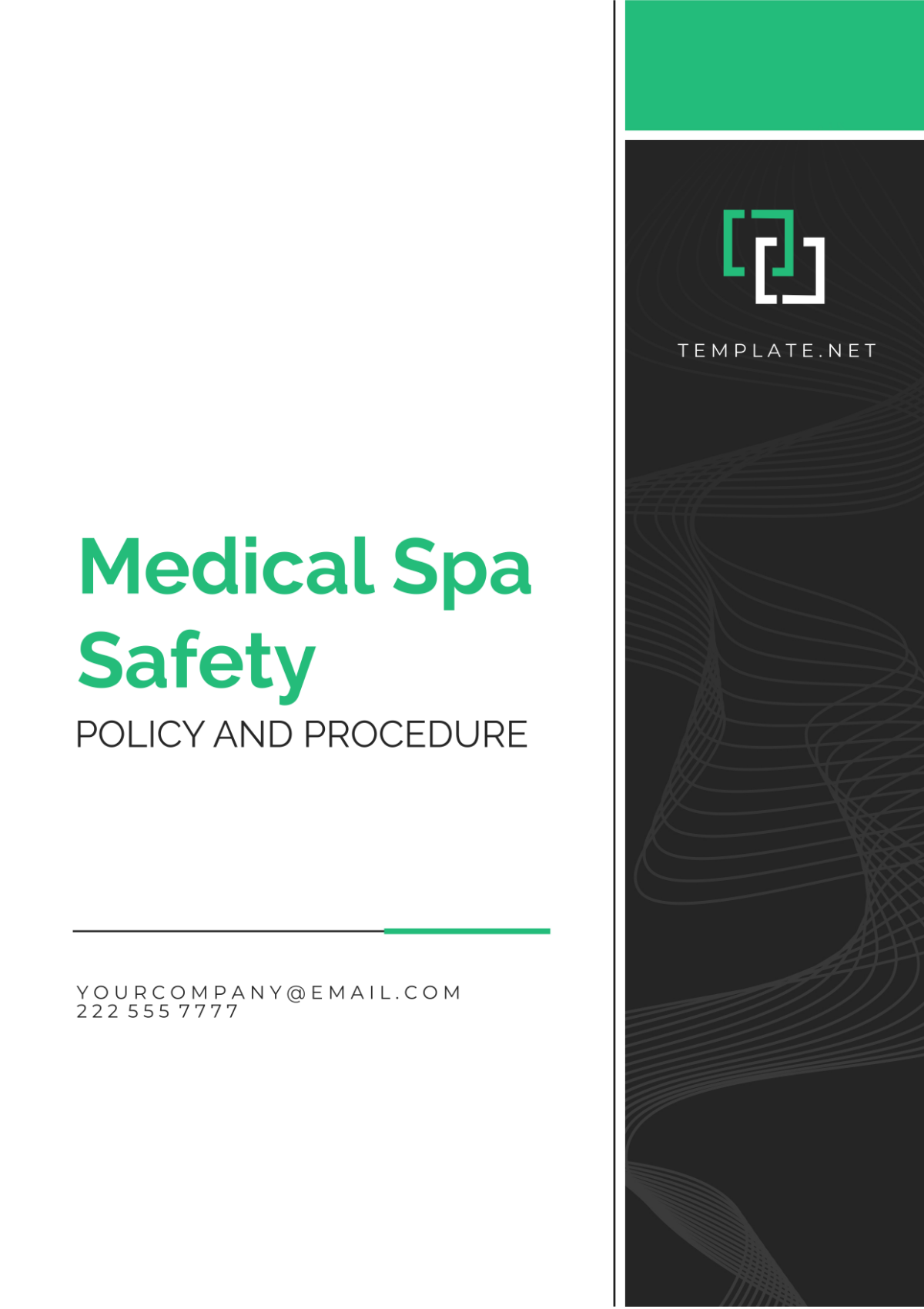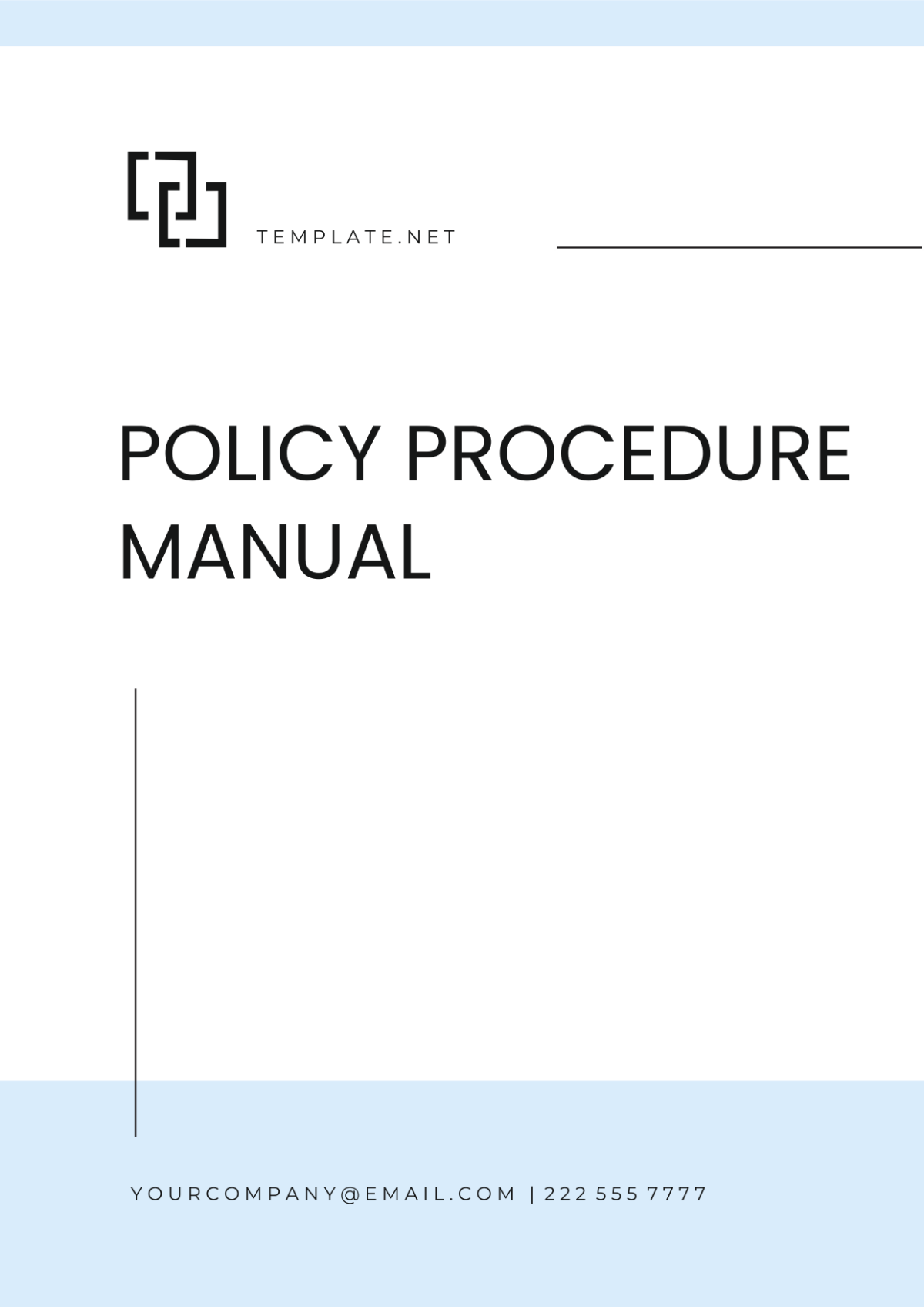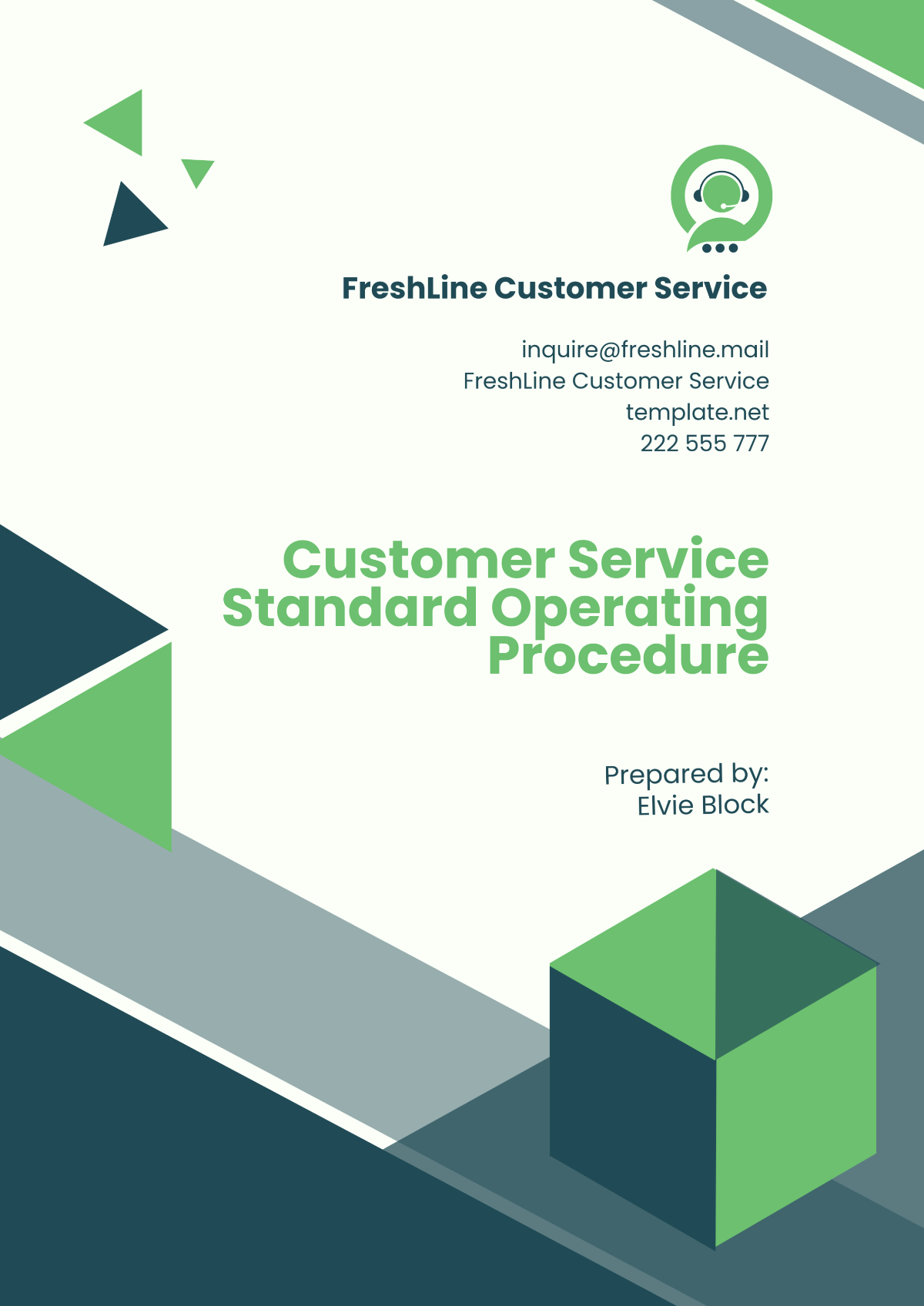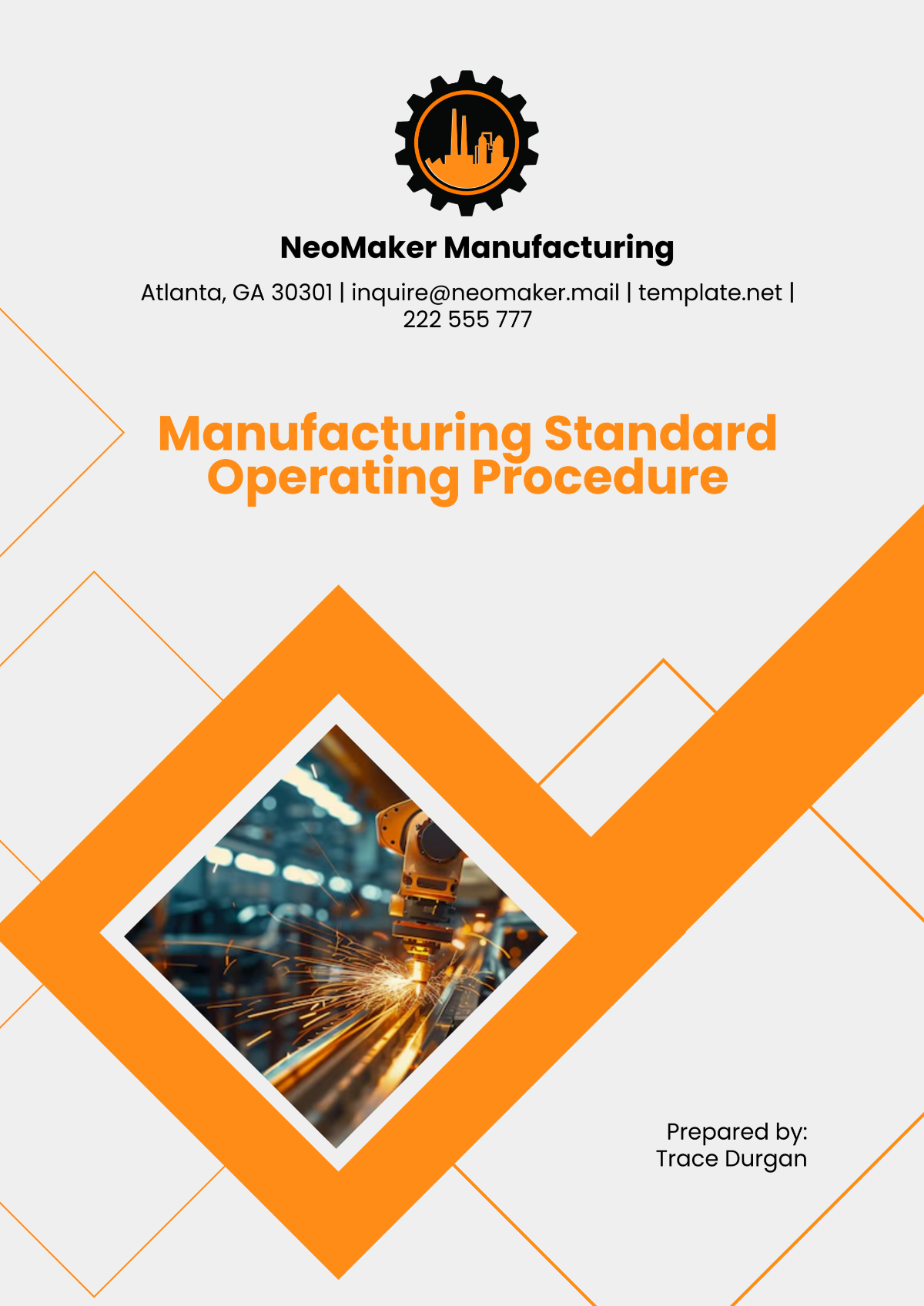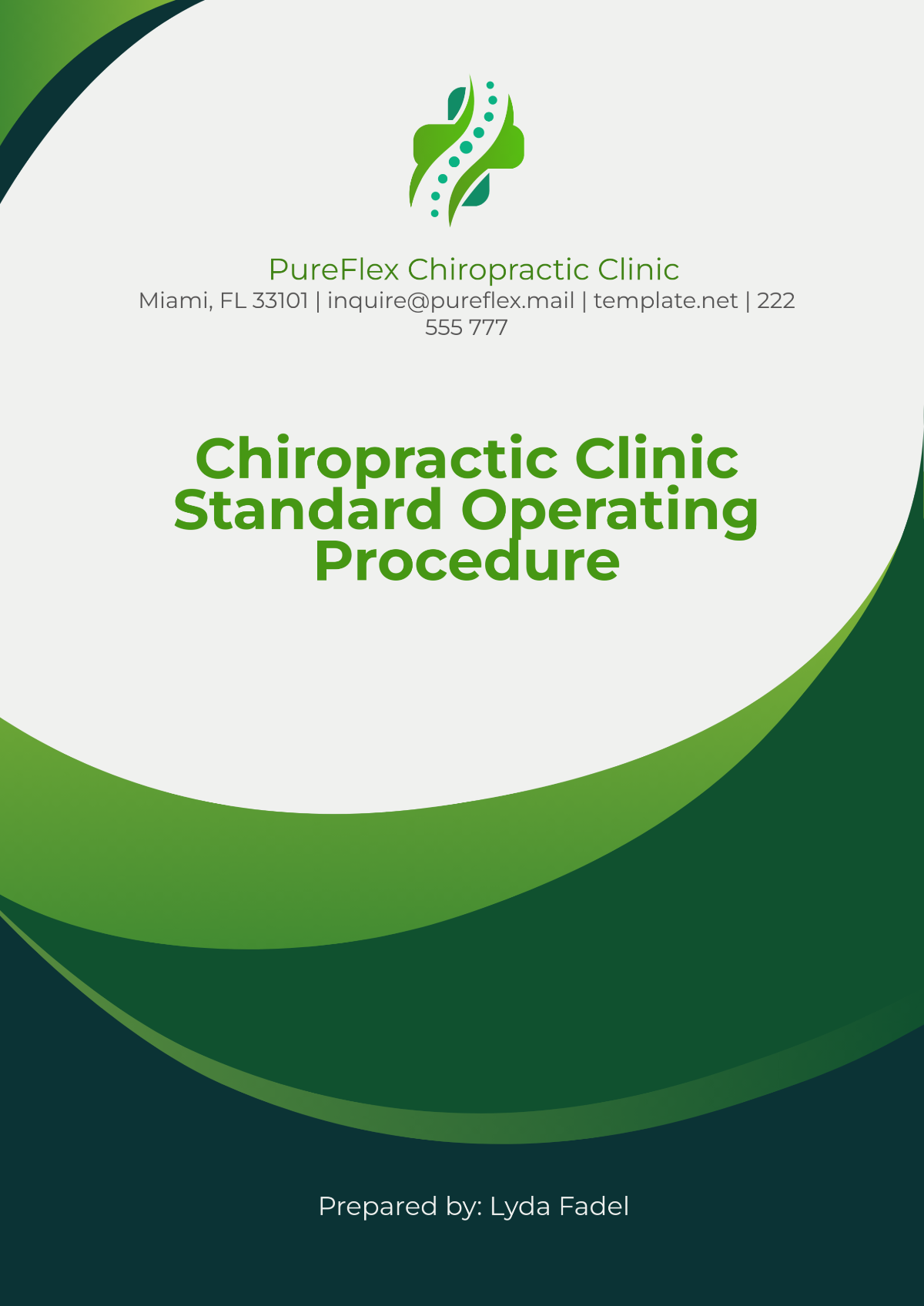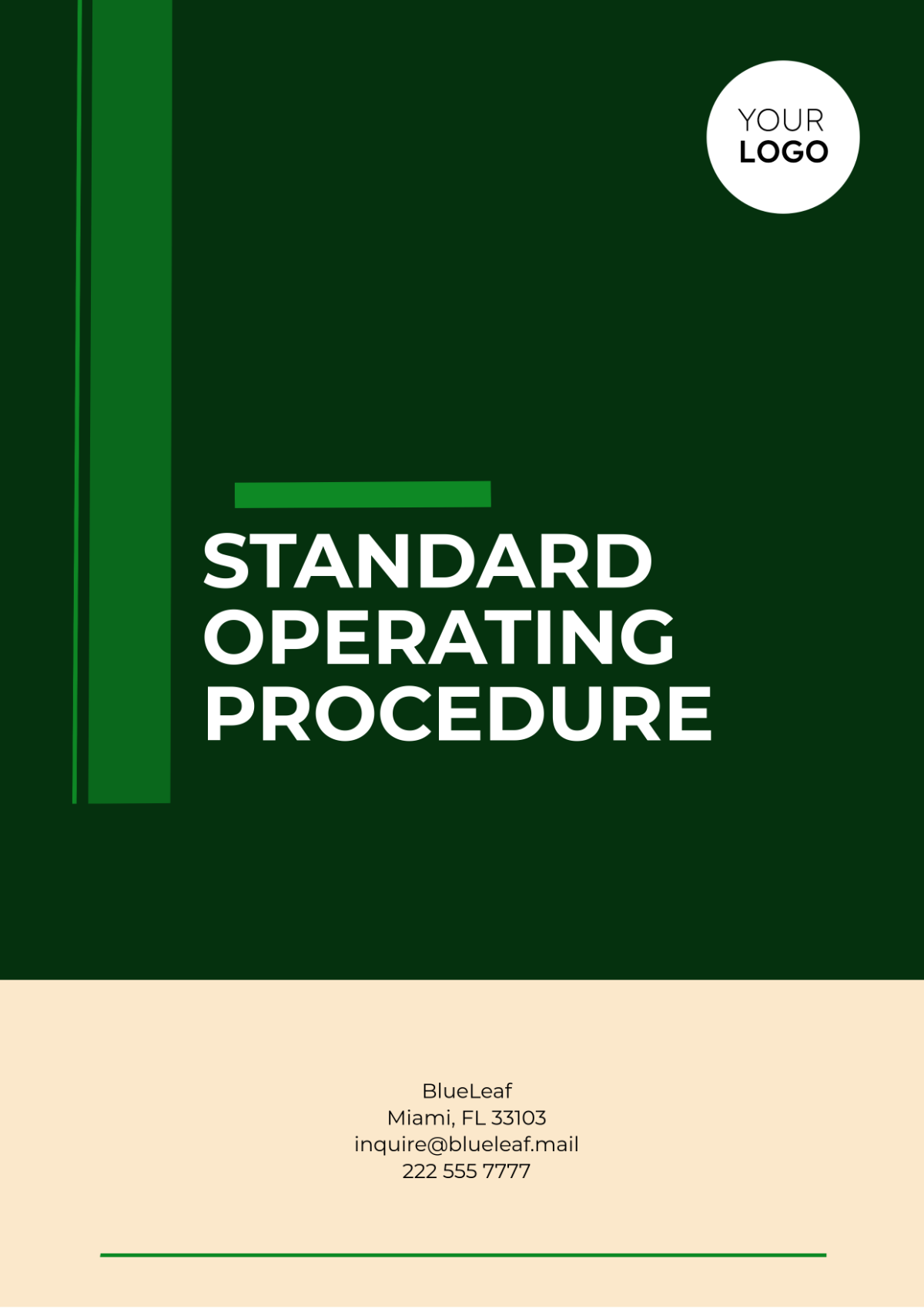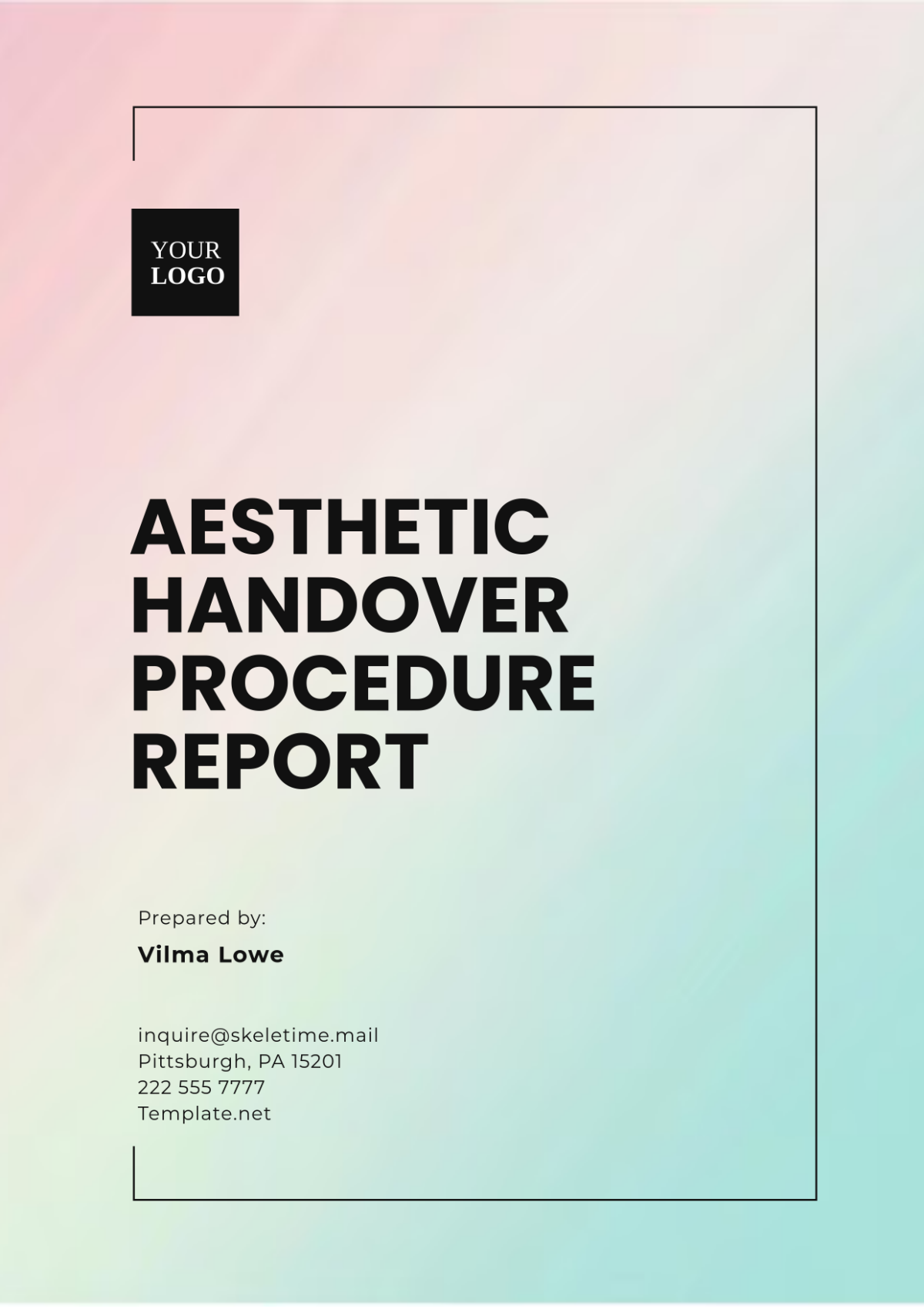Hotel Safe Work Procedure
I. Introduction
A. Purpose of the Safe Work Procedure
The purpose of this Safe Work Procedure (SWP) is to establish clear guidelines and protocols to ensure the safe and secure handling of hotel safes by hotel staff. By adhering to these procedures, we aim to minimize the risk of theft, damage, or loss of guests' belongings and uphold the reputation of the hotel as a safe and reliable accommodation choice.
B. Scope and Applicability
This SWP applies to all hotel staff members who are involved in any aspect of the handling, operation, or maintenance of hotel safes, irrespective of their department or role within the hotel. It encompasses procedures for both front-of-house staff, such as front desk personnel, and back-of-house staff, including security and maintenance teams, to ensure comprehensive coverage of safe handling protocols.
C. Definitions of Key Terms
Hotel Safe: A secure storage unit typically equipped with an electronic keypad or combination lock, provided to guests for storing valuable items during their stay.
Front Desk Staff: Employees stationed at the hotel reception responsible for guest services, including check-in, check-out, and assistance with amenities like hotel safes.
Security Personnel: Trained professionals responsible for maintaining the safety and security of guests, staff, and property within the hotel premises, often overseeing surveillance and access control.
Maintenance Staff: Employees tasked with ensuring the proper functioning and upkeep of hotel facilities, including routine maintenance and repairs of equipment like hotel safes.
II. Responsibilities
A. Management Responsibilities
Management is tasked with overseeing the implementation and enforcement of safe work procedures related to hotel safes, ensuring that staff are adequately trained and equipped to fulfill their duties.
They are responsible for allocating resources, both financial and human, to support the maintenance and operation of hotel safes, including investing in training programs and necessary equipment.
Management also plays a crucial role in reviewing and updating the SWP regularly, incorporating feedback from staff and staying abreast of industry best practices and regulatory requirements to enhance the effectiveness of safe handling procedures.
B. Front Desk Staff Responsibilities
Front desk staff are the primary point of contact for guests regarding the use of hotel safes and must be knowledgeable about safe handling procedures to provide accurate guidance and assistance.
They are responsible for ensuring that guests understand how to operate the safe safely and confidentially, maintaining the integrity of guest privacy and security.
In the event of a guest lockout or malfunctioning safe, front desk staff must follow established protocols for resolving the issue promptly and efficiently, minimizing inconvenience to guests and maintaining a positive guest experience.
C. Security Personnel Responsibilities
Security personnel play a critical role in maintaining the security and integrity of hotel safes by monitoring access, conducting regular patrols, and responding promptly to any security incidents or breaches.
They are responsible for enforcing access control measures and ensuring that only authorized individuals have access to hotel safes, thereby reducing the risk of theft or unauthorized tampering.
In addition to proactive security measures, security personnel are also trained to respond effectively to emergencies involving hotel safes, such as lockouts or malfunctions, to ensure the safety and satisfaction of guests.
D. Maintenance Staff Responsibilities
Maintenance staff are tasked with ensuring the proper functioning and upkeep of hotel safes by performing routine maintenance tasks according to the established schedule.
They are responsible for conducting inspections of hotel safes to identify any issues or defects that require repair, documenting maintenance activities and findings, and reporting significant findings to management.
By maintaining hotel safes in optimal condition, maintenance staff contribute to the overall guest experience and uphold the hotel's reputation for quality and reliability.
III. Safe Handling Procedures
A. Opening and Closing Procedures
To open the safe, staff must input the correct access code provided by the guest or use the master key if necessary, ensuring that the code remains confidential and is not shared with unauthorized individuals.
Prior to closing the safe, staff should verify that all guest belongings have been removed and the safe is empty, confirming that no items are inadvertently left behind.
It is imperative to ensure that the safe door is securely closed and locked after use, double-checking that the locking mechanism engages fully to prevent unauthorized access.
B. Assisting Guests with Safe Usage
When assisting guests with safe usage, staff should provide clear and concise instructions on how to operate the safe, including how to set and change the access code if necessary.
Staff should exercise patience and attentiveness when addressing guest inquiries or concerns regarding safe usage, demonstrating professionalism and empathy to ensure a positive guest experience.
In the event of a guest experiencing difficulty with the safe, staff should offer immediate assistance, prioritizing the resolution of the issue to minimize inconvenience and uphold guest satisfaction.
C. Emergency Procedures
In emergency situations, such as a guest lockout or malfunctioning safe, staff should remain calm and follow established procedures for accessing the safe without compromising guest security or privacy.
If unable to resolve the issue independently, staff should promptly escalate the situation to the appropriate personnel, such as management or maintenance staff, for further assistance.
Staff should document any emergency incidents involving hotel safes, including details of the situation and actions taken, to facilitate follow-up and continuous improvement of emergency response protocols.
IV. Training and Education
A. Initial Training for Staff
During initial training sessions, new staff members will receive comprehensive instruction on safe handling procedures for hotel safes, including theoretical knowledge and practical demonstrations.
Training modules will cover topics such as safe operation, emergency response protocols, and the importance of maintaining guest privacy and confidentiality.
Staff will also undergo assessments to ensure their understanding and proficiency in implementing safe handling procedures before assuming their duties.
B. Ongoing Training and Updates
Regular refresher training sessions will be conducted to reinforce safe handling procedures and update staff on any changes or enhancements to the SWP.
Training materials will be regularly reviewed and updated to reflect evolving industry standards and best practices, ensuring that staff remain informed and equipped to fulfill their responsibilities effectively.
Staff feedback will be solicited and incorporated into training sessions to address any areas of concern or confusion, fostering a culture of continuous learning and improvement within the organization.
C. Guest Education
In addition to staff training, informational materials will be provided in guest rooms to educate guests on the use and features of the hotel safe, enhancing their understanding and confidence in utilizing this amenity.
Front desk staff will proactively offer guidance and assistance to guests regarding safe usage during the check-in process, ensuring that guests feel comfortable and empowered to utilize the safe during their stay.
Guest feedback regarding safe usage will be welcomed and addressed promptly, with any concerns or issues escalated to management for resolution and improvement of guest services.
V. Maintenance and Inspections
A. Routine Maintenance Schedule
Maintenance staff must adhere to a detailed routine maintenance schedule to ensure all hotel safes are in proper working condition. This schedule includes regular checks for mechanical issues, battery life, and software updates to prevent potential failures.
Each maintenance task should be documented in a log, noting the date, time, and nature of the maintenance performed. This log provides a traceable record of upkeep activities and can be reviewed during audits.
Preventive maintenance should be prioritized to address potential issues before they escalate, minimizing disruptions to guest services and ensuring guest satisfaction.
B. Inspection Checklist
An inspection checklist should be developed and utilized to standardize the examination of hotel safes, ensuring consistency and thoroughness in identifying any potential issues. This checklist may include verifying the integrity of the locking mechanism, checking for signs of tampering or damage, testing the electronic keypad or combination lock, and confirming the safe is securely anchored.
Any issues identified during inspections should be documented and reported to the appropriate personnel for prompt resolution, ensuring safes remain functional and secure.
Regular inspections should be scheduled and adhered to strictly, with any deviations or omissions noted and addressed promptly.
C. Reporting Procedures for Malfunctions or Damage
Staff members must be trained to promptly report any malfunctions or damage to hotel safes to the maintenance or security departments, using a standardized reporting form. This form should include details of the problem, the specific safe involved, and any actions taken to mitigate the issue temporarily.
Prompt reporting ensures that issues are addressed swiftly, minimizing the risk of further complications or guest dissatisfaction.
Follow-up actions, including repairs or replacements, should be tracked to ensure issues are resolved in a timely manner, maintaining the overall security and functionality of the safes.
VI. Security Measures
A. Confidentiality and Privacy Protocols
Staff must uphold strict confidentiality and privacy protocols concerning guests’ use of hotel safes, ensuring that no information about the safe's contents or access codes is disclosed to unauthorized individuals. This includes not discussing safe details in public or with non-essential personnel.
Only authorized personnel should have access to master keys or override codes, and these tools should be securely stored when not in use to prevent unauthorized access. Periodic audits should be conducted to ensure compliance with these protocols.
Staff should be trained to handle sensitive situations with discretion and professionalism, maintaining the trust and security of guests and the hotel's reputation.
B. Access Control Measures
Access to hotel safes should be strictly controlled and monitored, with procedures in place to verify the identity and authorization of any individual seeking access. Staff should use secure methods for managing access codes, ensuring that codes are changed regularly and are not easily guessable or shared.
Access control measures should include regular audits to ensure compliance and identify any potential vulnerabilities.
In the event of a guest's departure, the safe's access code should be reset immediately to prevent unauthorized access by future guests, ensuring the next guest's belongings are secure.
C. Surveillance and Monitoring
Surveillance cameras should be strategically placed in areas where hotel safes are located to monitor for suspicious activity without compromising guest privacy. These cameras should be regularly checked to ensure they are functioning correctly.
Security personnel should regularly review surveillance footage to identify any unusual behavior or potential security breaches involving hotel safes, taking prompt action if necessary.
Any incidents observed through surveillance should be thoroughly investigated and documented, with appropriate measures taken to enhance security and prevent recurrence.
VII. Compliance with Regulations
A. Legal and Regulatory Requirements
The SWP must comply with all relevant local, state, and federal regulations governing the operation and security of hotel safes, including privacy laws and safety standards. Management should stay informed about changes in these regulations and adjust the SWP accordingly.
Regular audits should be conducted to ensure ongoing compliance, with any non-compliance issues addressed promptly and thoroughly.
Staff should be regularly updated on regulatory changes that affect their roles and responsibilities, with additional training provided as needed to ensure compliance.
B. Industry Standards and Best Practices
The SWP should be informed by industry standards and best practices, incorporating recommendations from reputable organizations such as the American Hotel & Lodging Association (AHLA). Management should seek out and implement innovations and improvements in safe handling and security technology to maintain a leading edge in guest safety and satisfaction.
Benchmarking against peer institutions can help identify areas for improvement, ensuring the hotel remains competitive in its security practices.
Regularly reviewing industry publications and attending relevant conferences or workshops can help management stay abreast of the latest developments and best practices in hotel safe security.
VIII. Documentation and Recordkeeping
A. Record of Training Sessions
Detailed records of all training sessions, including participant names, training dates, and content covered, should be maintained to ensure accountability and track staff compliance with training requirements.
These records should be reviewed periodically to identify any gaps in training or areas needing reinforcement, ensuring all staff members are adequately prepared to handle their responsibilities.
Training records should be securely stored and accessible to authorized personnel for review and auditing purposes.
B. Maintenance Logs
Maintenance logs should be kept for each hotel safe, documenting all routine maintenance, inspections, repairs, and any issues encountered. These logs provide a historical record of the safe’s condition and can be invaluable for diagnosing recurring problems or planning future maintenance.
Detailed maintenance logs help in identifying trends or recurring issues that may require a more in-depth investigation or solution.
Logs should be reviewed regularly by management to ensure maintenance schedules are adhered to and any outstanding issues are addressed promptly.
C. Incident Reports
Any incidents involving hotel safes, such as security breaches, malfunctions, or guest complaints, should be thoroughly documented in an incident report. This report should detail the nature of the incident, actions taken in response, and any follow-up measures required to prevent recurrence.
Incident reports should be reviewed regularly by management to identify trends or areas for improvement in safe handling procedures.
Lessons learned from incident reports should be incorporated into training sessions and procedural updates to continuously enhance the SWP.
IX. Review and Revision
A. Regular Review Schedule
The SWP should be reviewed regularly, at least annually, to ensure its continued relevance and effectiveness. This review should involve key stakeholders from various departments to provide comprehensive feedback.
Regular reviews help in identifying any gaps or areas for improvement in the procedures, ensuring the SWP evolves with the hotel’s needs and industry standards.
Any significant changes in hotel operations, guest feedback, or regulatory requirements should prompt an immediate review of the SWP to incorporate necessary updates.
B. Process for Revising the Safe Work Procedure
Revisions to the SWP should be documented and communicated clearly to all relevant staff members, with updated versions distributed and old versions archived. This ensures that all staff are working with the most current and effective procedures.
The revision process should involve input from staff members who directly interact with the safes, as their practical insights can help refine and improve procedures.
Staff should be provided with training or briefing sessions on any major changes to ensure they understand and can implement new procedures effectively.
C. Communication of Changes
Changes to the SWP should be communicated through multiple channels, including staff meetings, internal memos, and digital communications, to ensure all employees are informed. Clear communication helps in minimizing confusion and ensuring a smooth transition to updated procedures.
Feedback from staff on the implementation of changes should be encouraged and used to refine procedures further, fostering a collaborative and responsive work environment.
Management should be available to address any questions or concerns regarding the changes to ensure staff are fully comfortable with and capable of implementing the new procedures.
X. Conclusion
A. Importance of Adhering to Safe Work Procedures
Adhering to the SWP is crucial for ensuring the security and safety of guests' belongings, as well as maintaining the hotel's reputation for excellence in service. Staff should understand that their commitment to following these procedures directly impacts guest satisfaction and the overall success of the hotel.
Consistent adherence to the SWP helps in building trust with guests, who can be assured that their valuables are secure while staying at the hotel.
Staff should be aware that neglecting these procedures can lead to serious consequences, including potential legal issues, financial loss, and damage to the hotel's reputation.
B. Commitment to Guest Safety and Security
The hotel is dedicated to providing a secure environment for guests, and the implementation of this SWP reflects our commitment to their safety and well-being. This commitment is demonstrated through rigorous training, regular maintenance, and strict security protocols.
Continuous improvement and adherence to these procedures will help us achieve our goal of being a trusted and preferred accommodation choice for all guests.
By prioritizing guest safety and security, the hotel reinforces its brand promise and ensures a positive guest experience, leading to higher satisfaction and repeat business.
